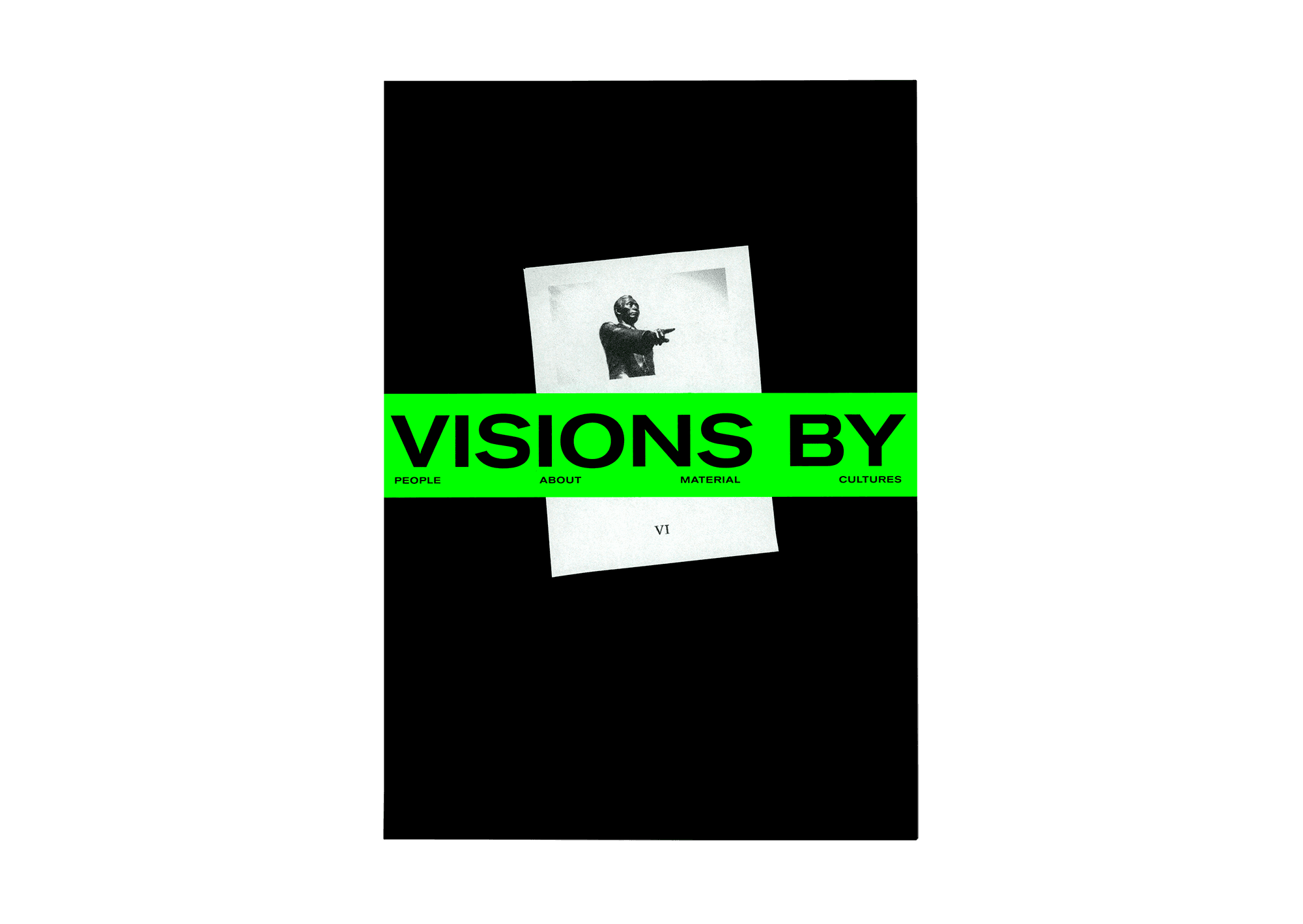
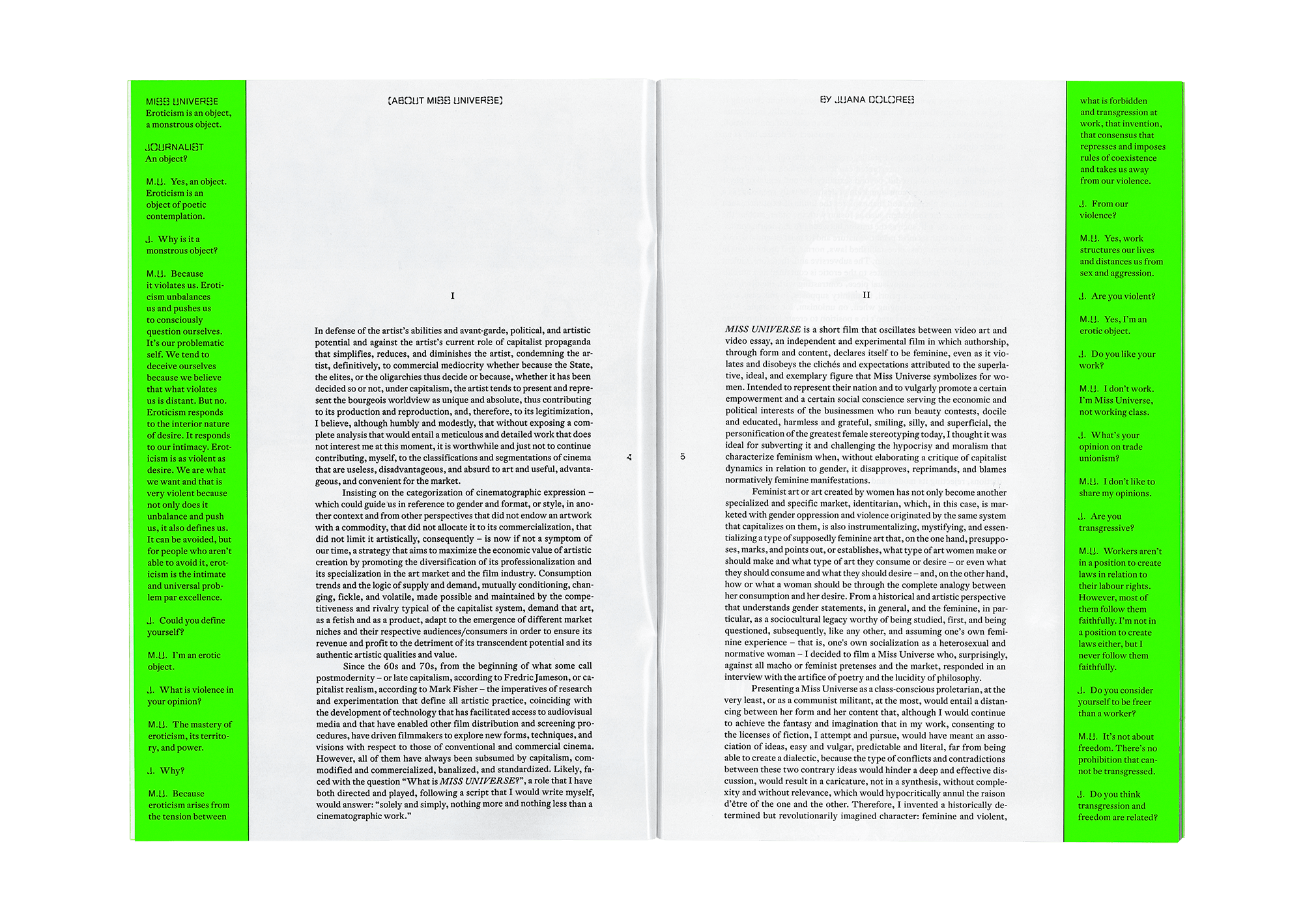
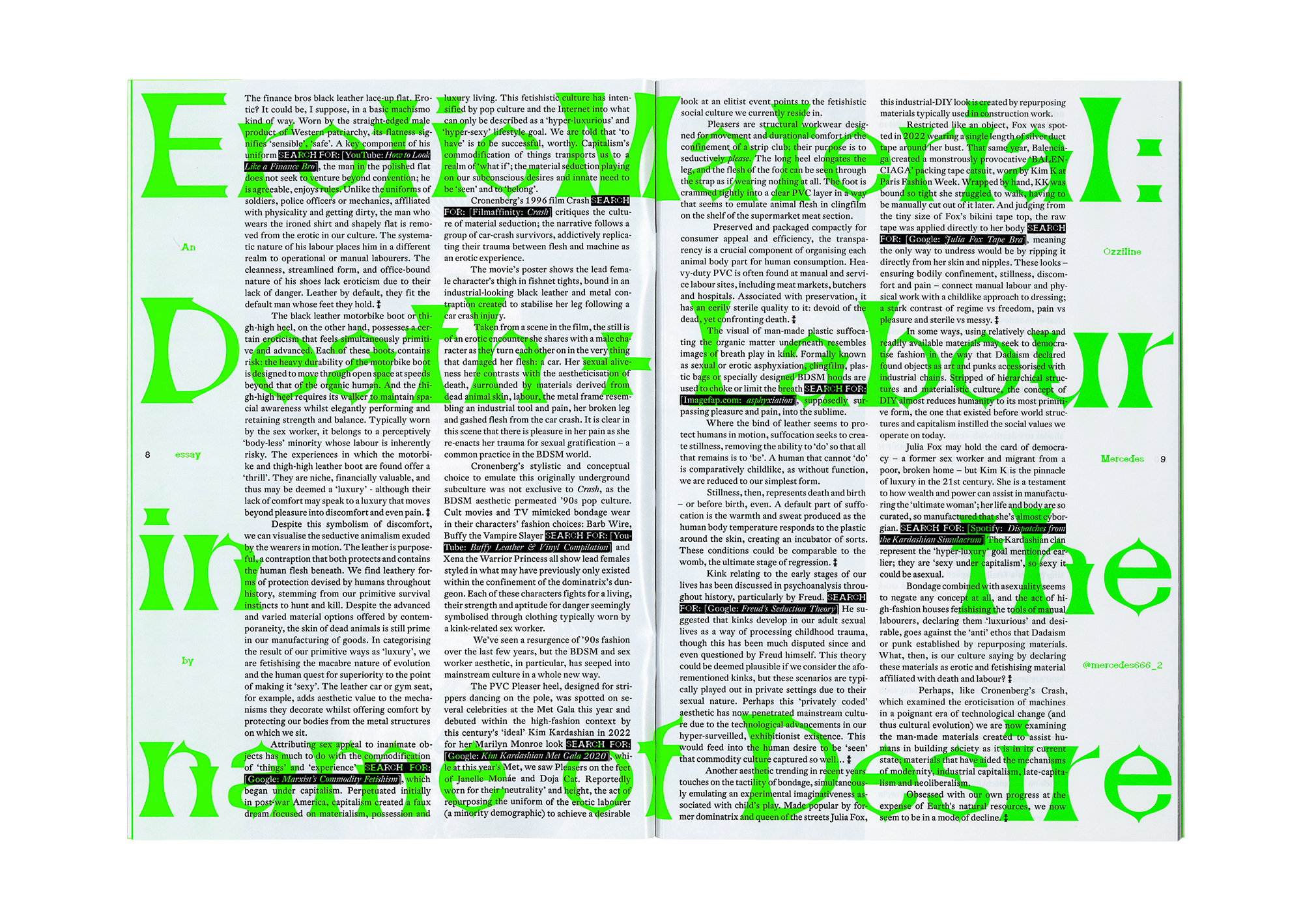
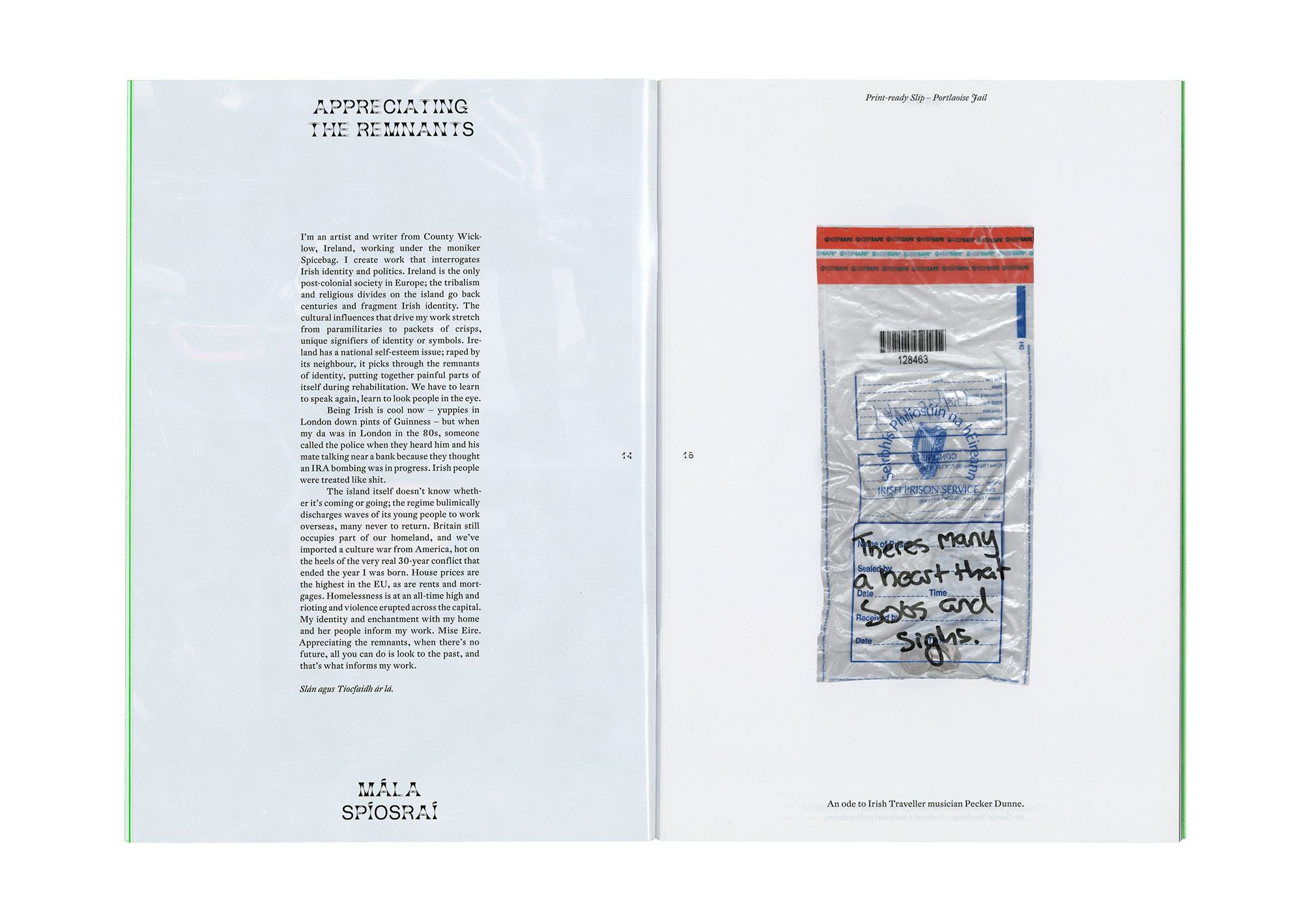
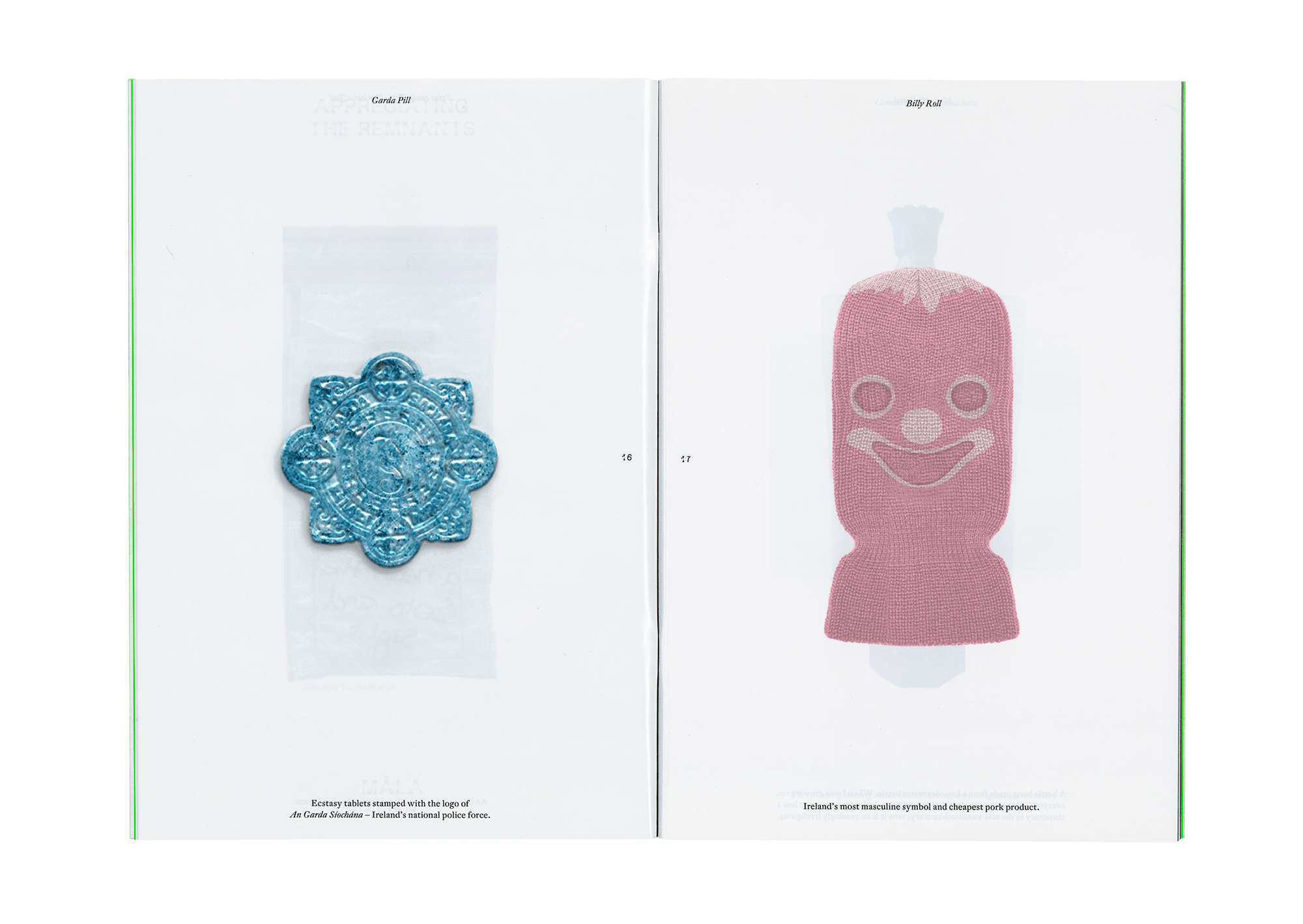
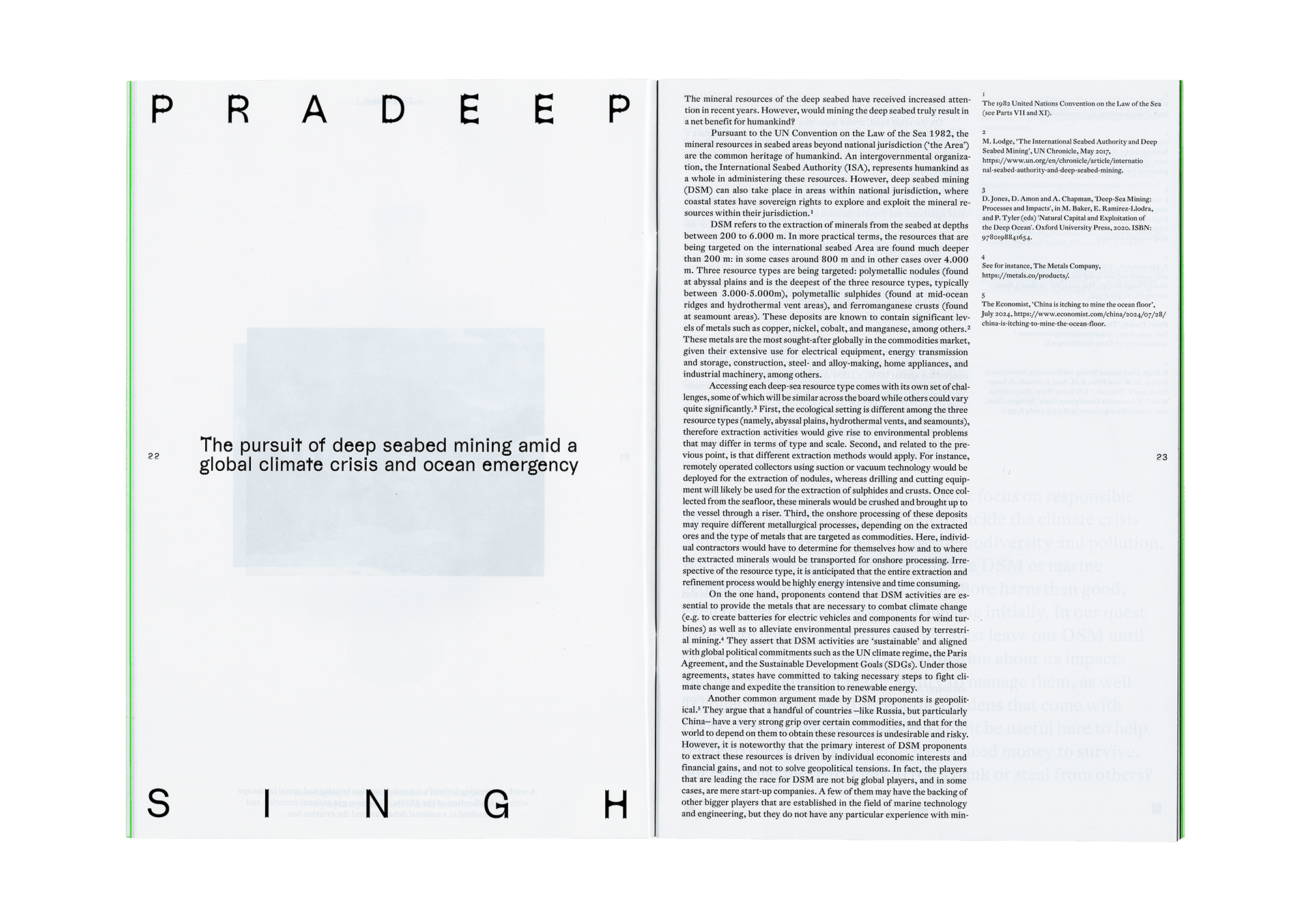
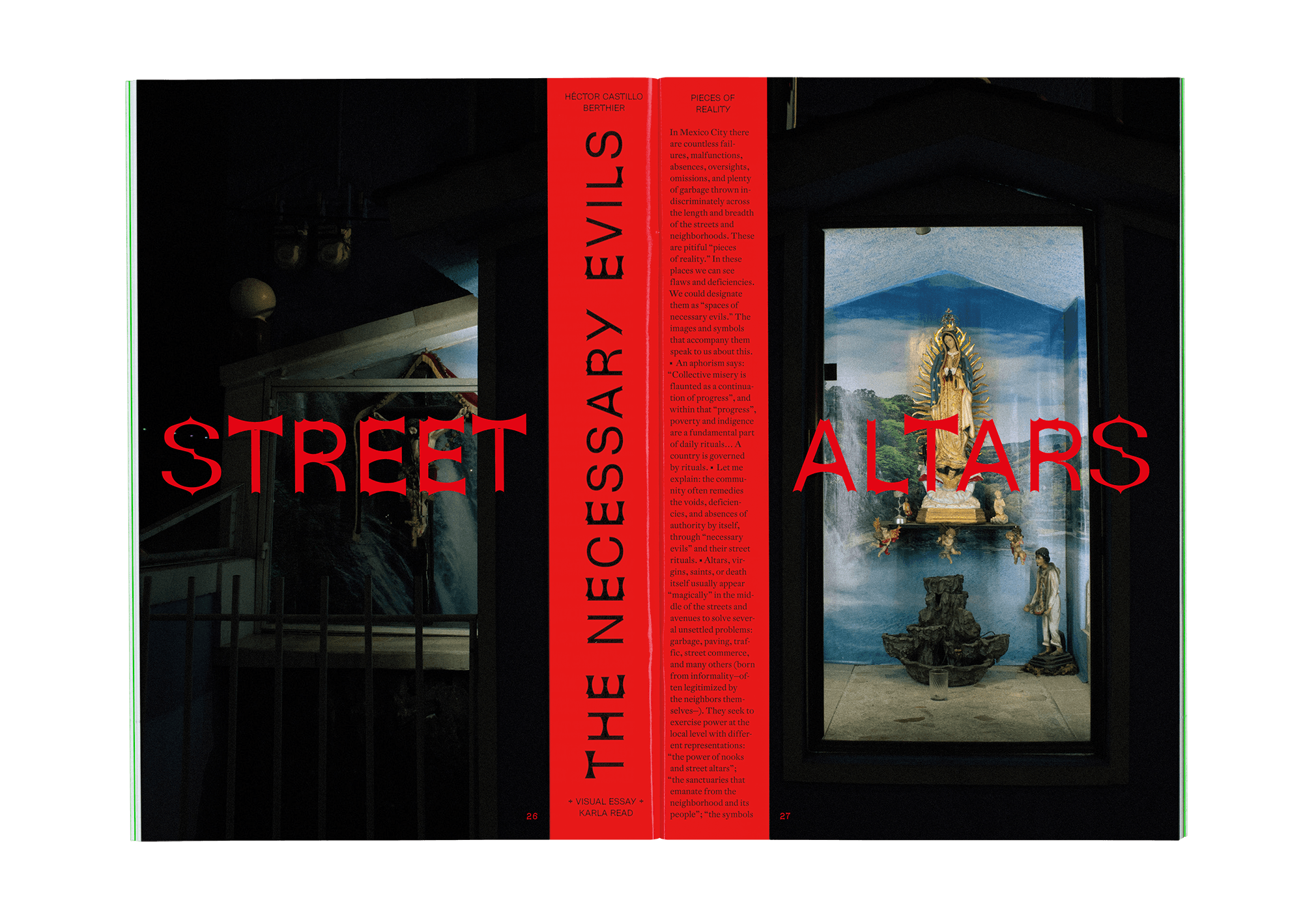
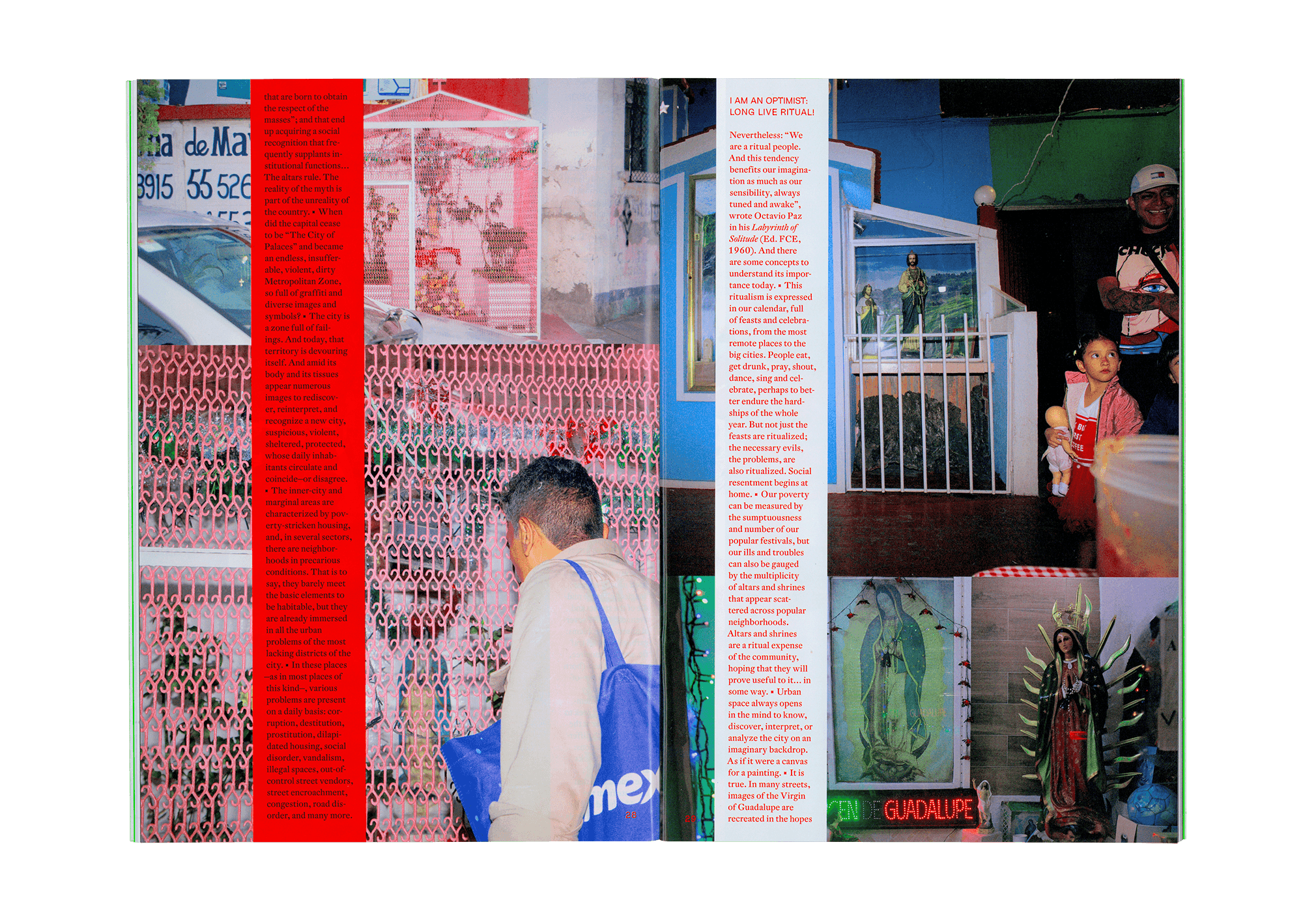
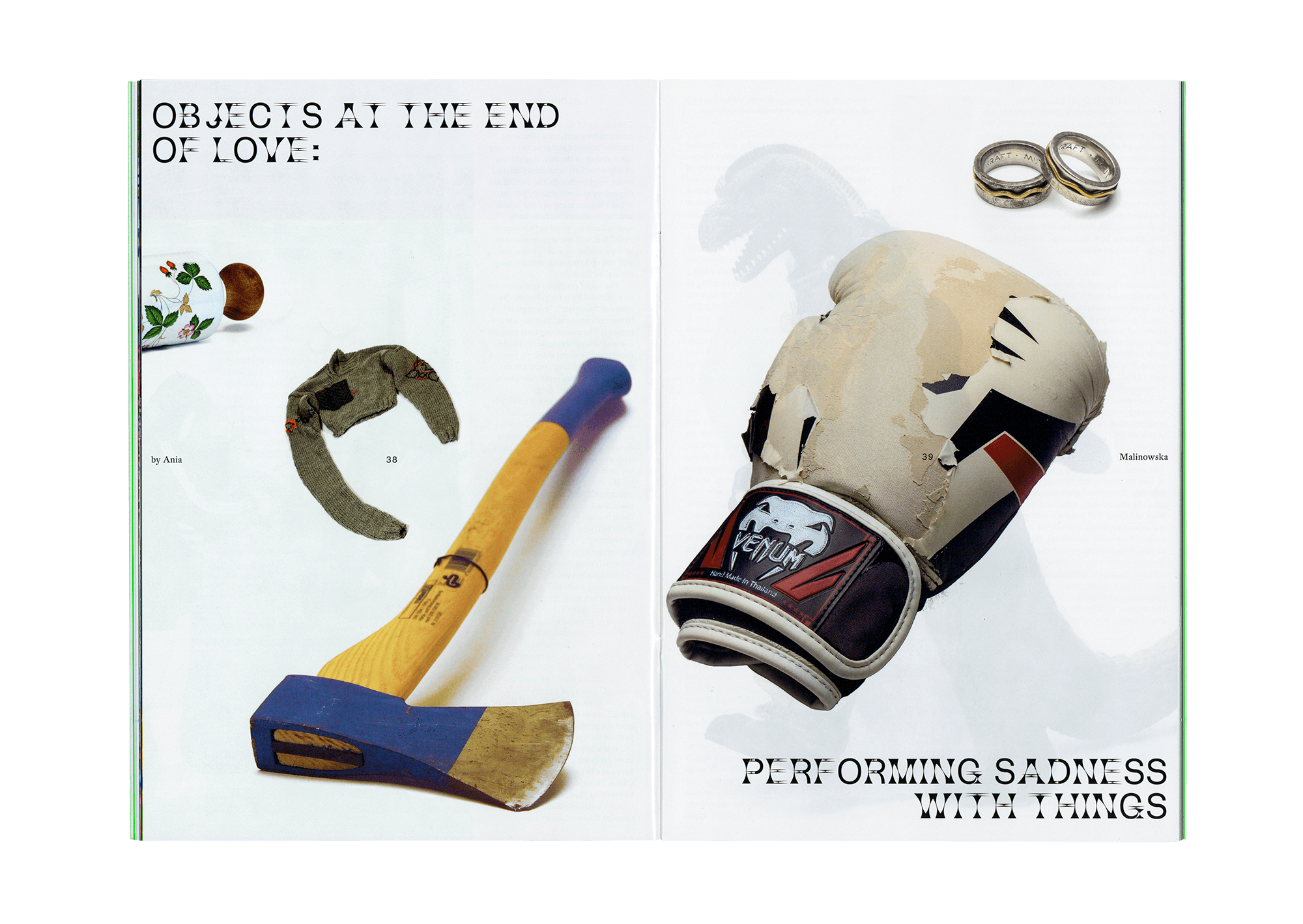
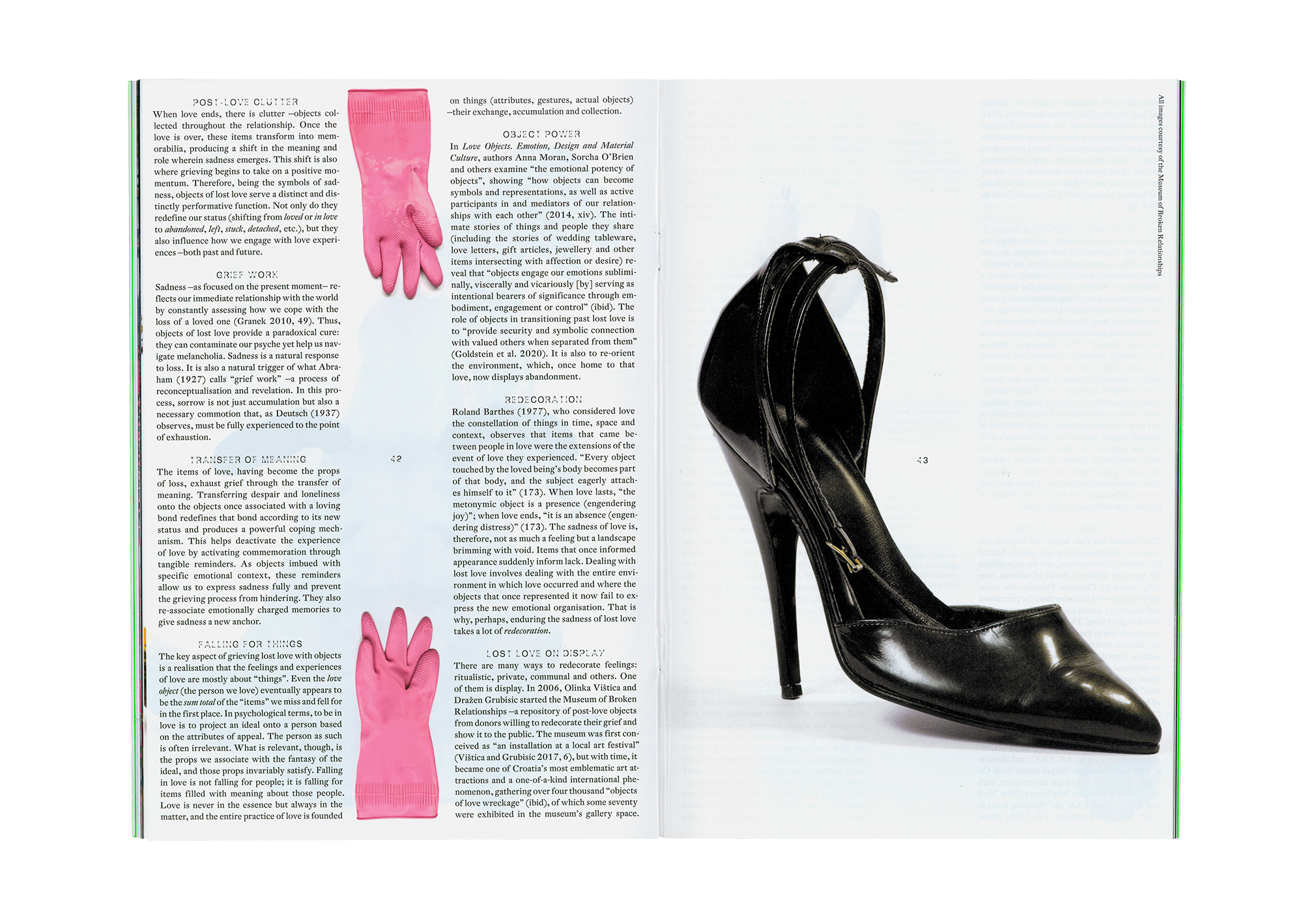
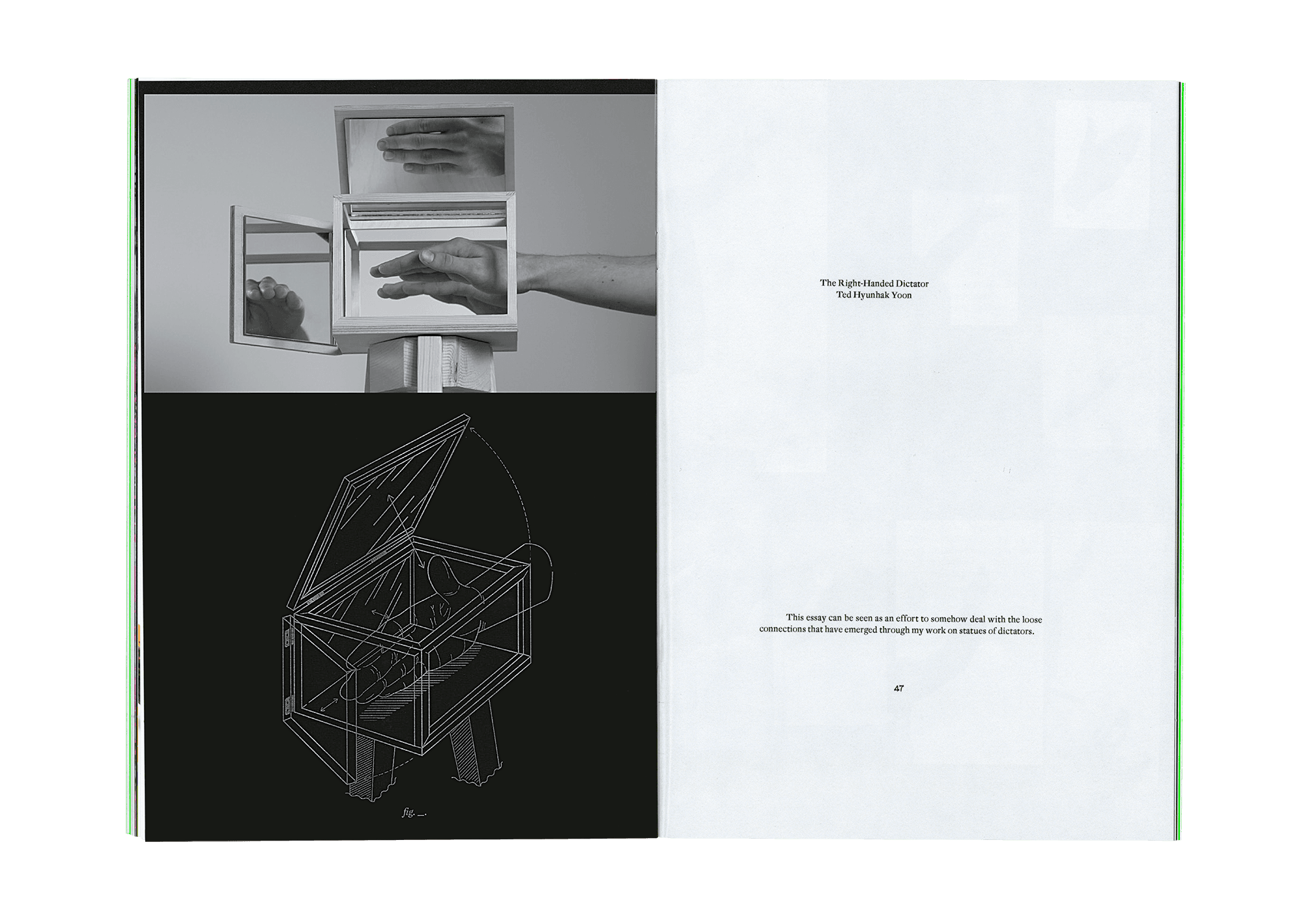
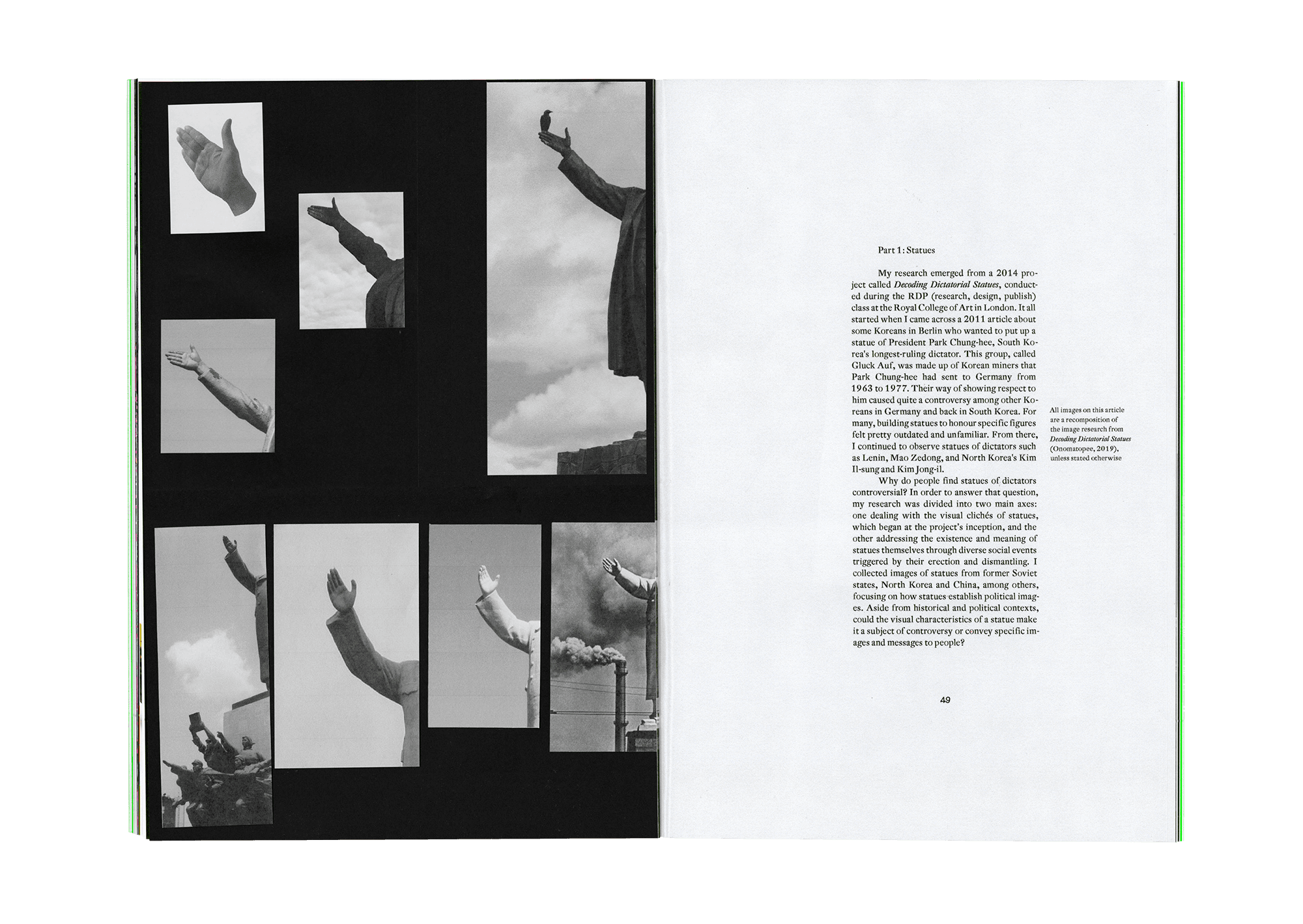
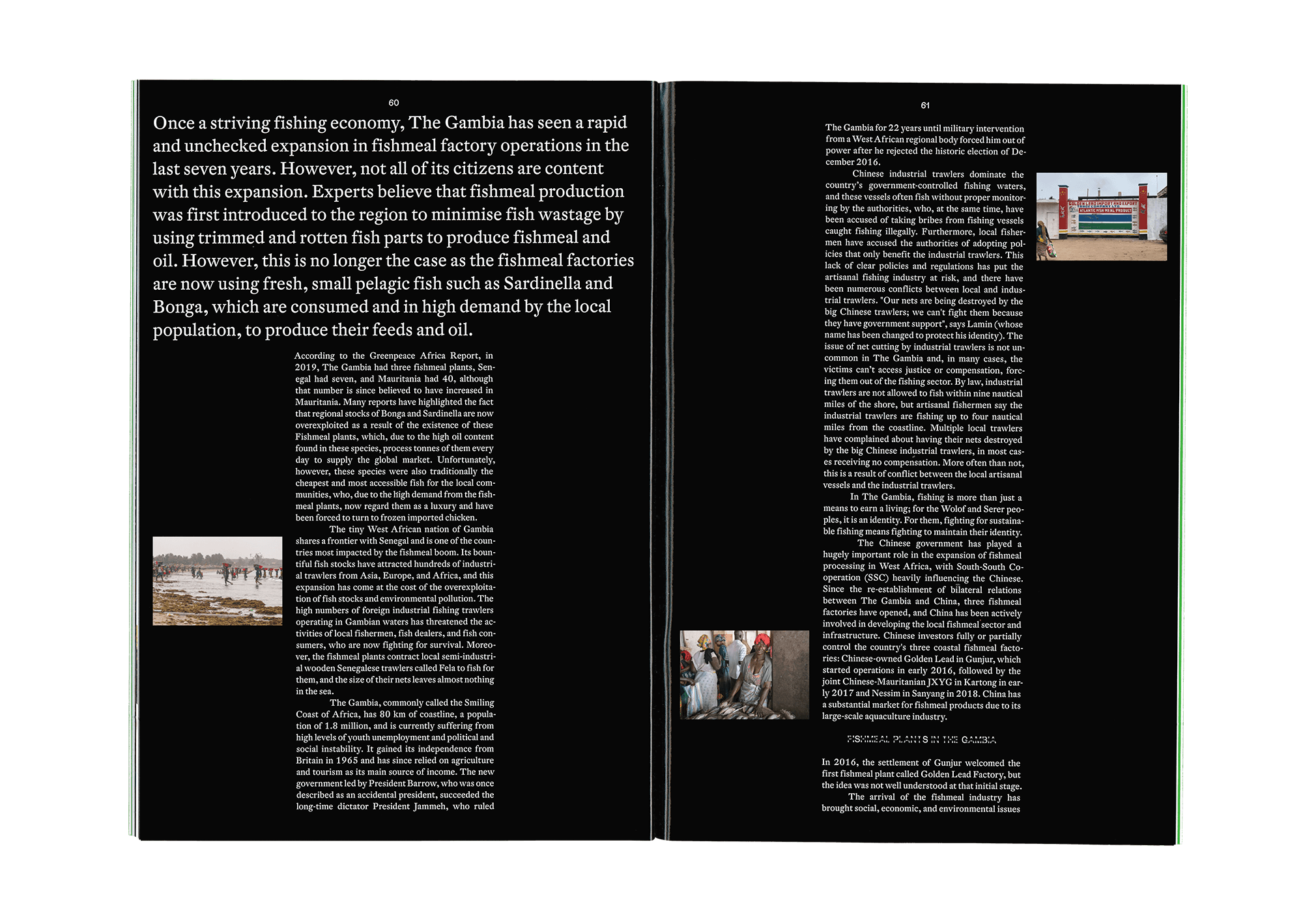

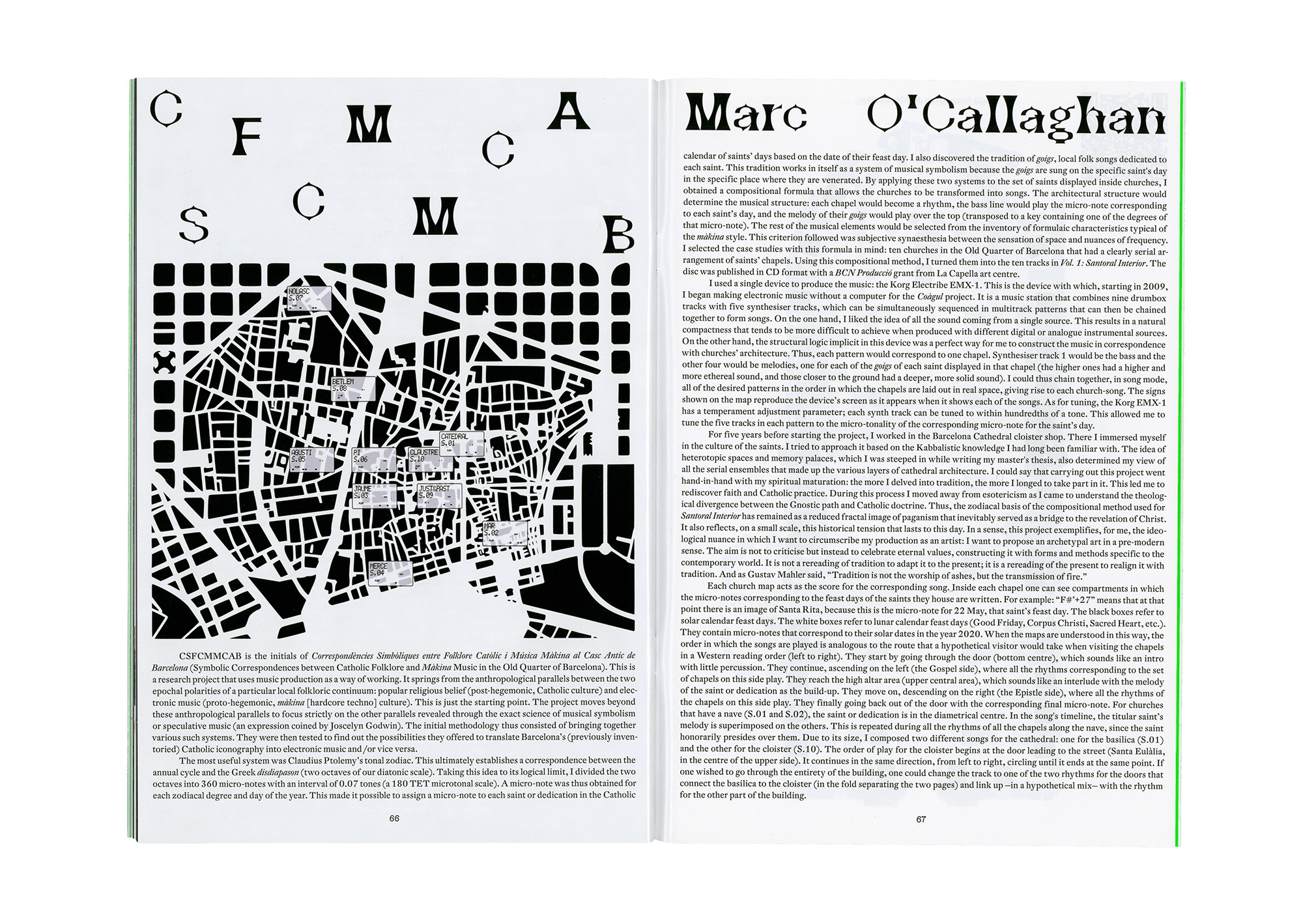
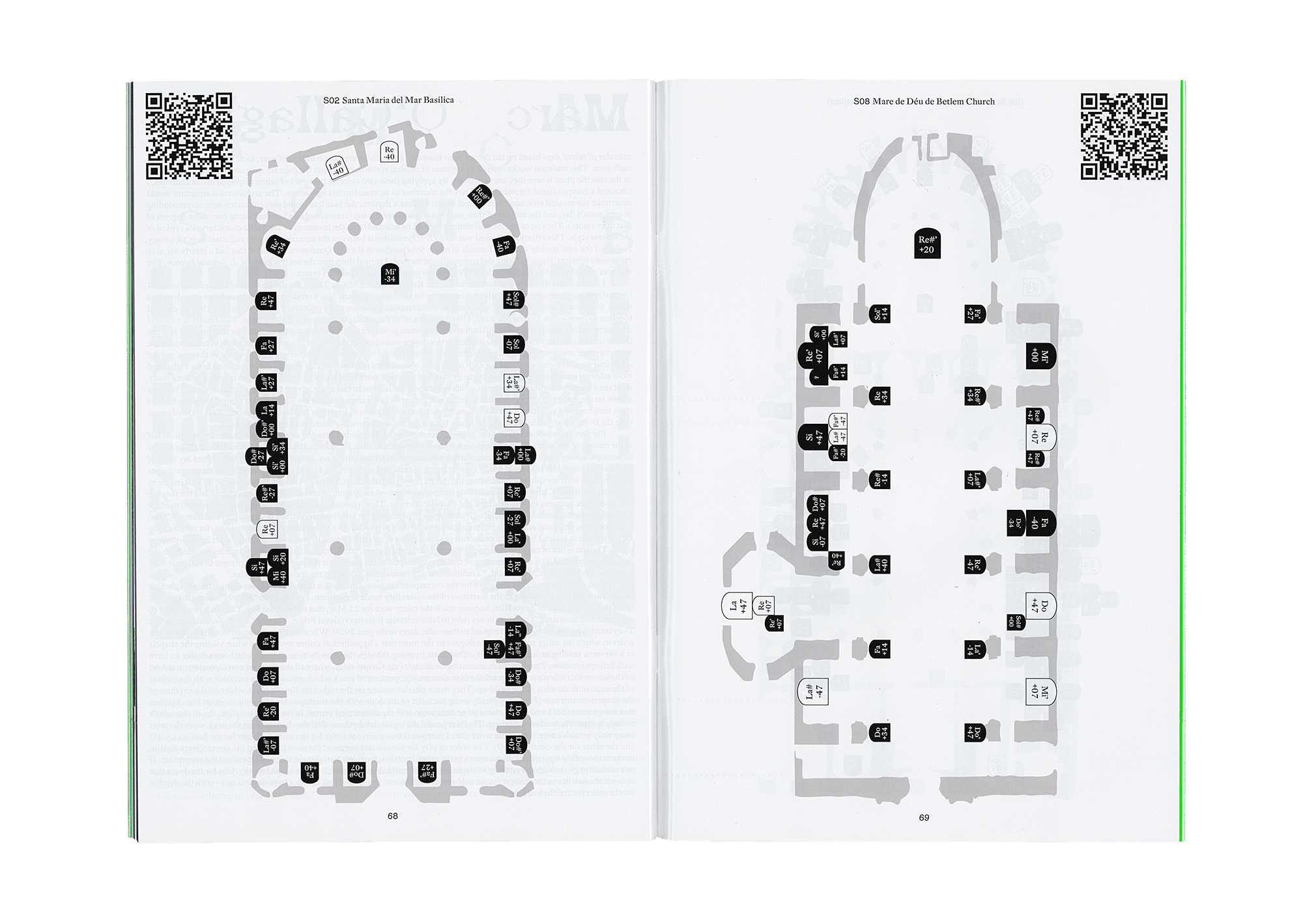
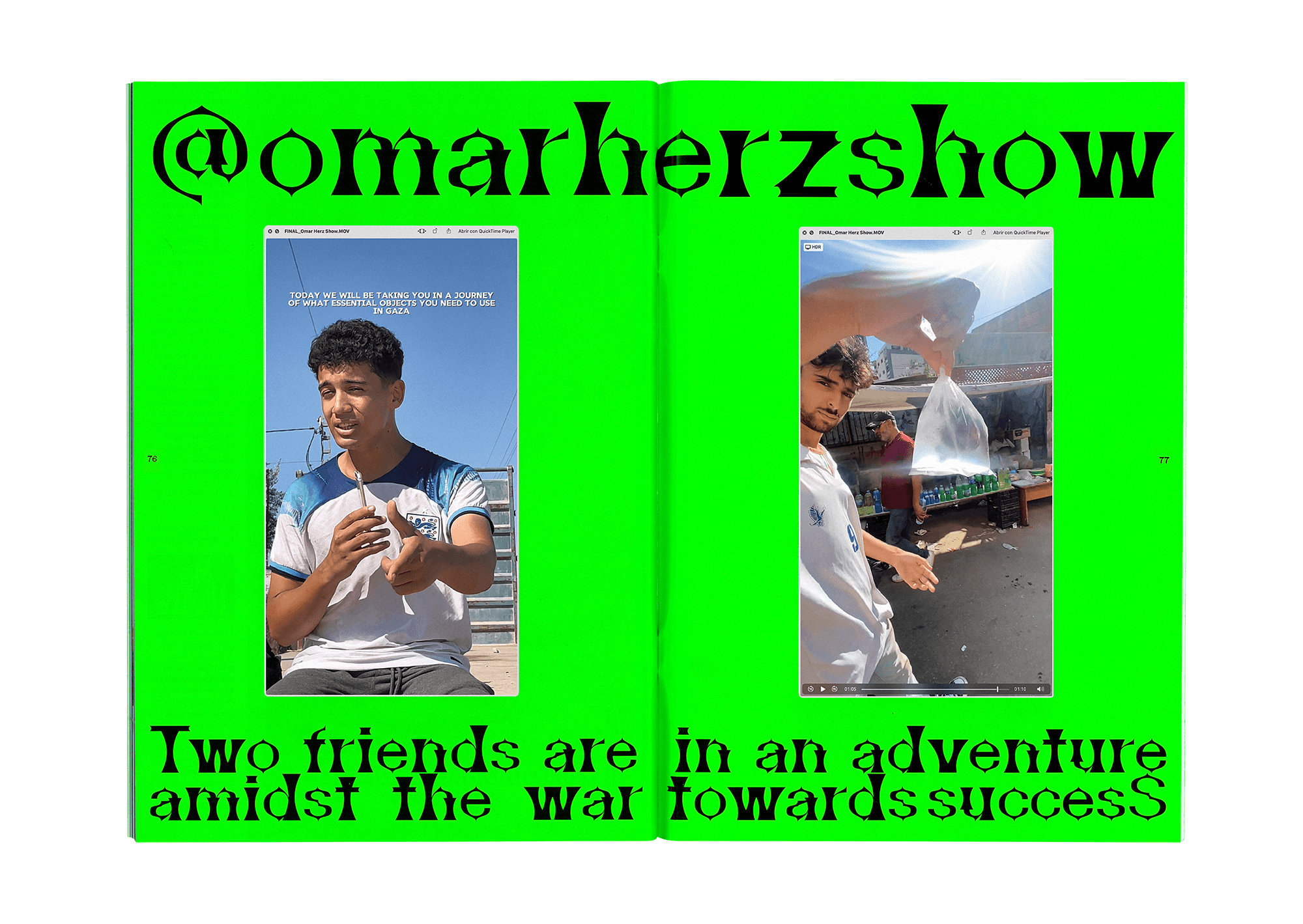
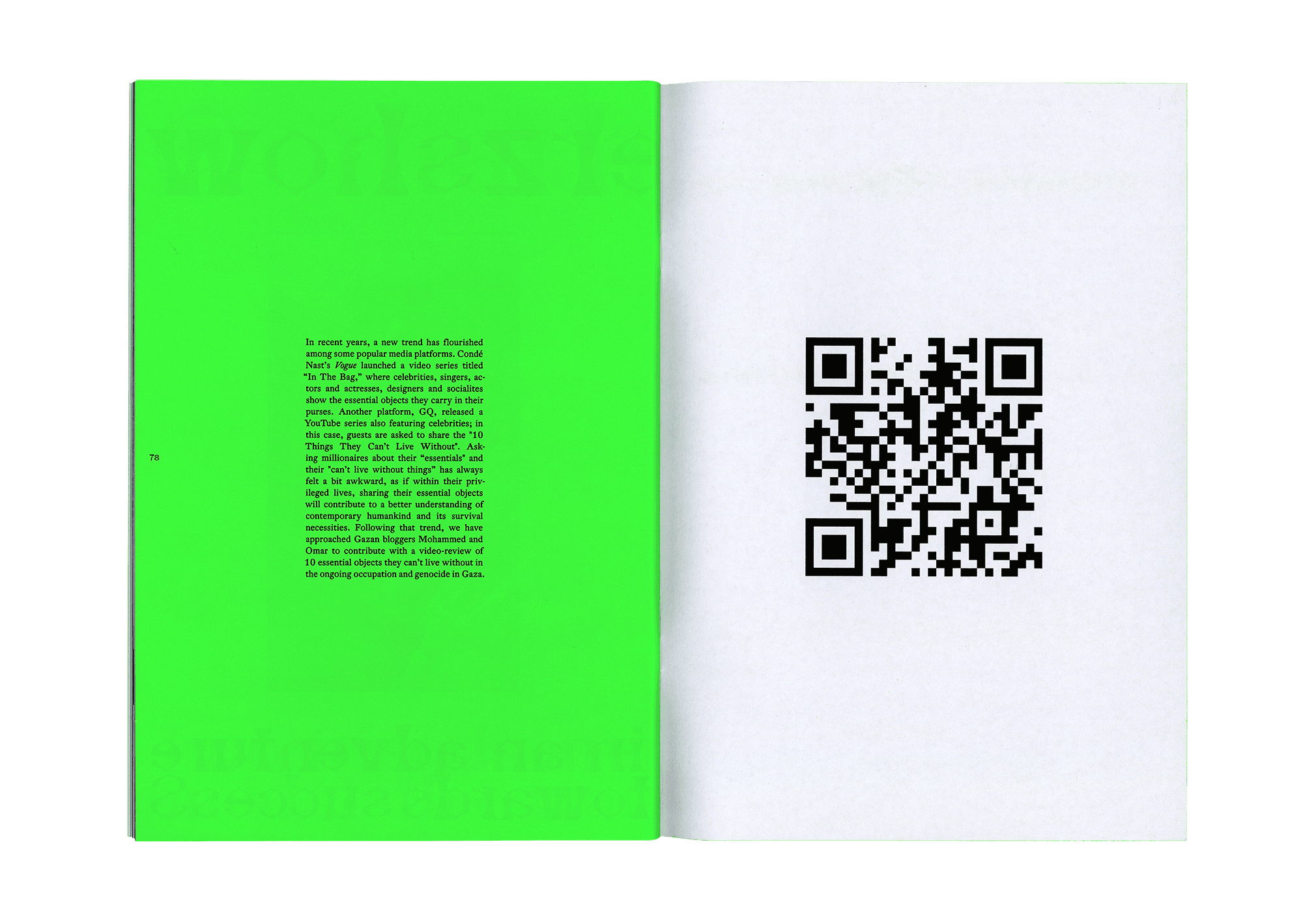
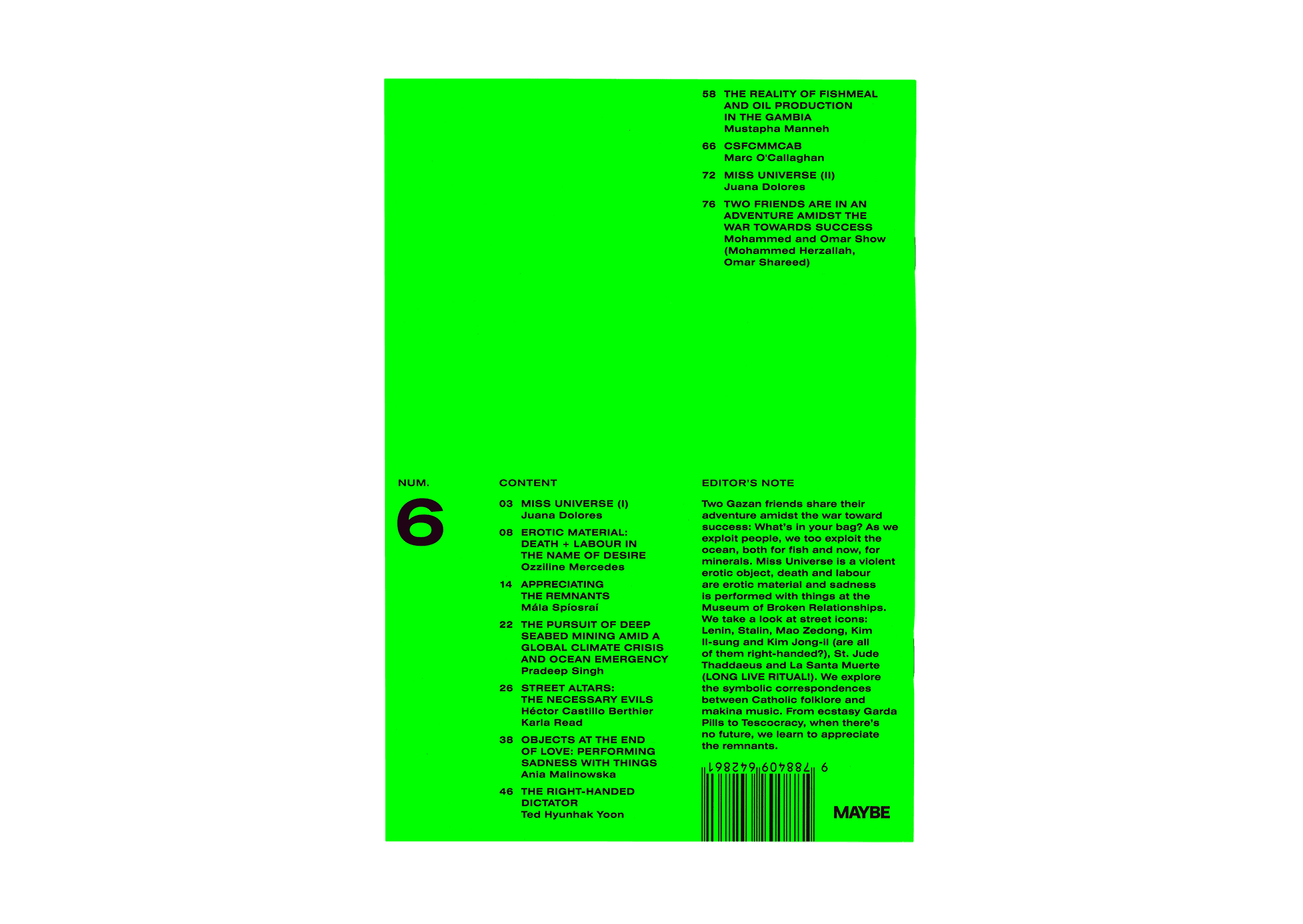
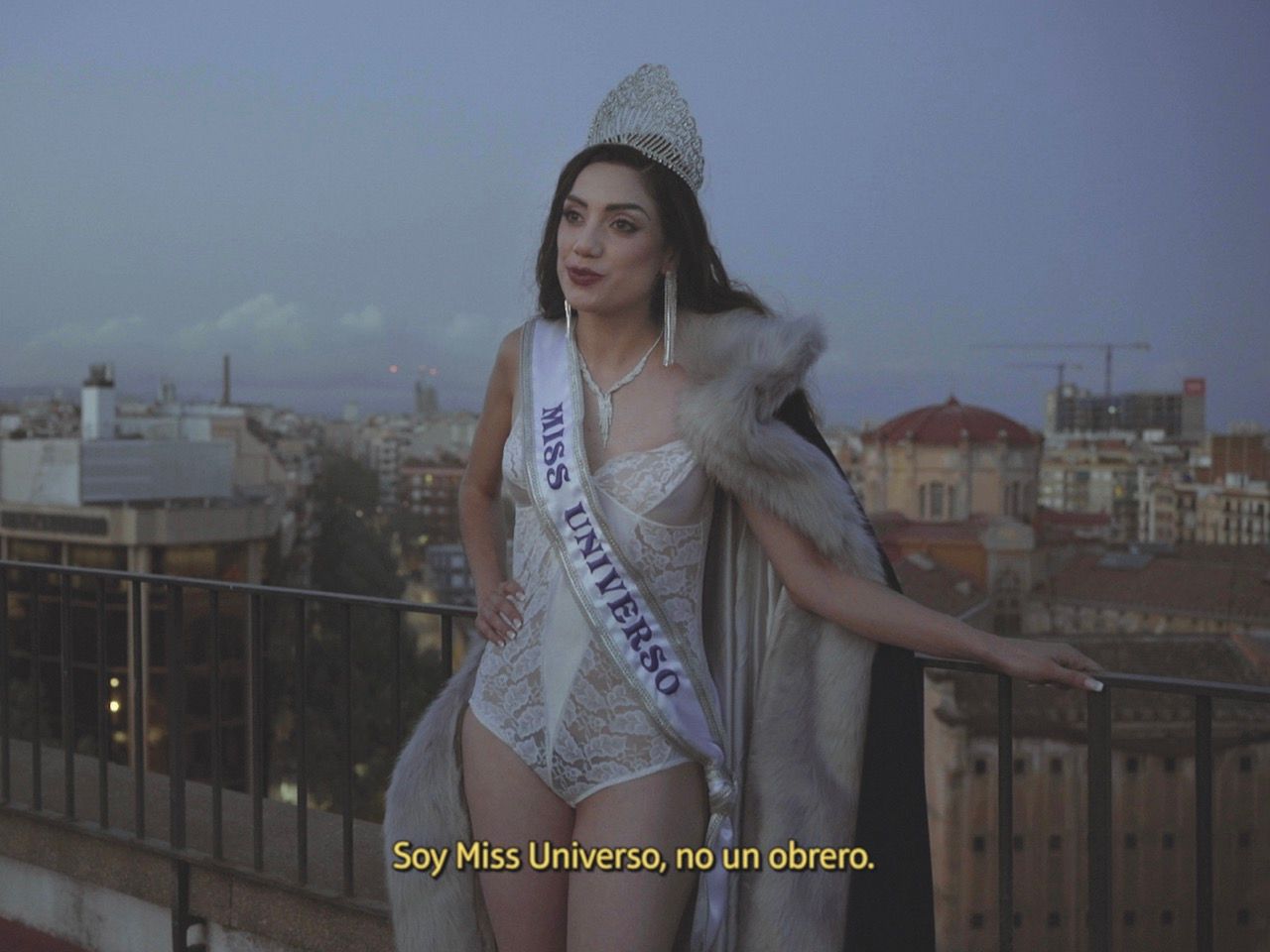

MISS UNIVERSE (I) & (II)
Juana Dolores
MISS UNIVERSE
Eroticism is an object, a monstrous object.
JOURNALIST
An object?
MISS UNIVERSE
Yes, an object. Eroticism is an object of poetic contemplation.
JOURNALIST
Why is it a monstrous object?
MISS UNIVERSE
Because it violates us. Eroticism unbalances us and pushes us to consciously question ourselves.
It's our problematic self. We tend to deceive ourselves because we believe that what violates us is distant. But no. Eroticism responds to the interior nature of desire. It responds to our intimacy. Eroticism is as violent as desire. We are what we want and that is very violent because not only
does it unbalance and push us, it also defines us. It can be avoided, but for people who aren't
able to avoid it, eroticism is the intimate and universal problem par excellence.
JOURNALIST
Could you define yourself?
MISS UNIVERSE
I’m an erotic object.
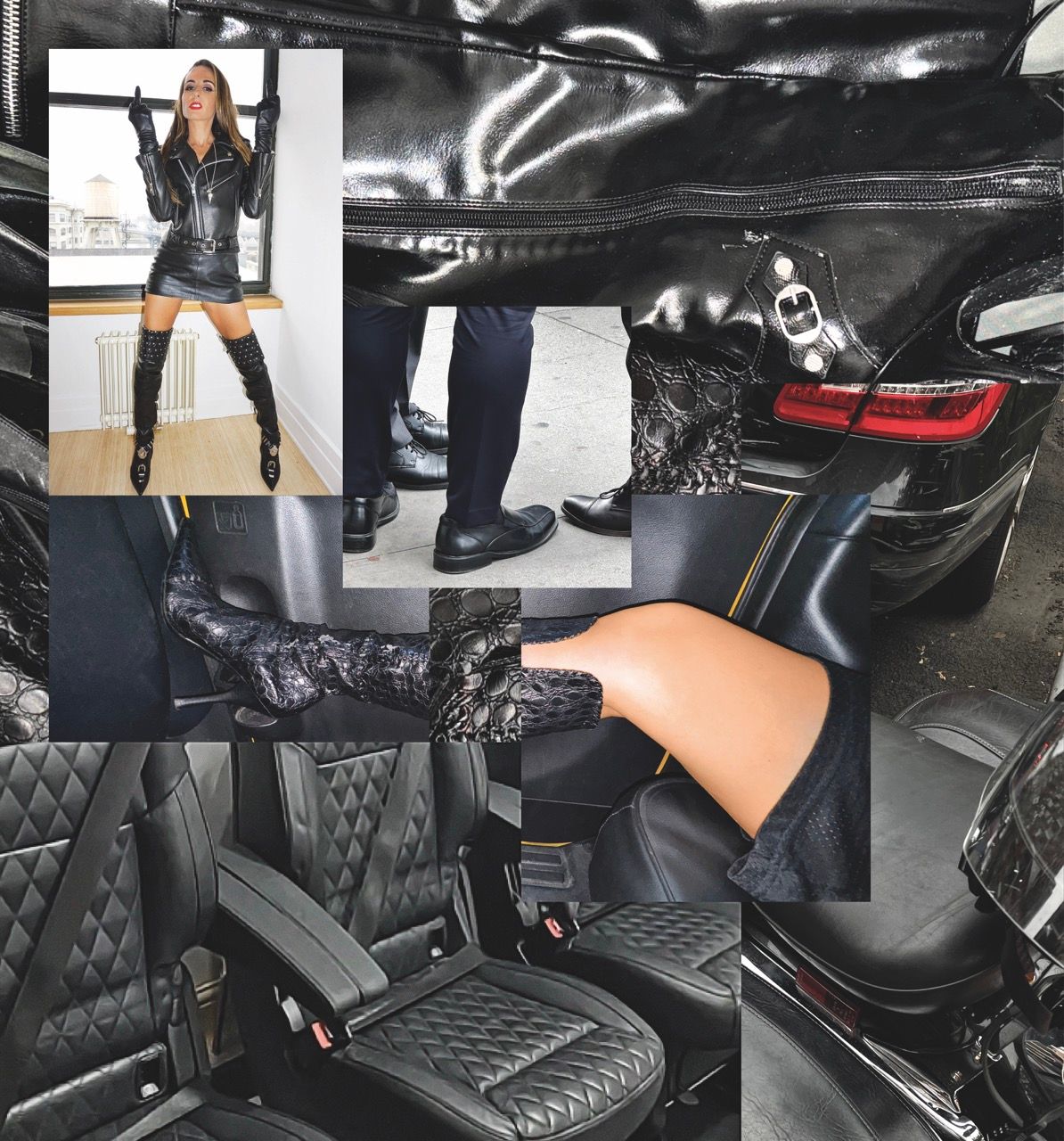
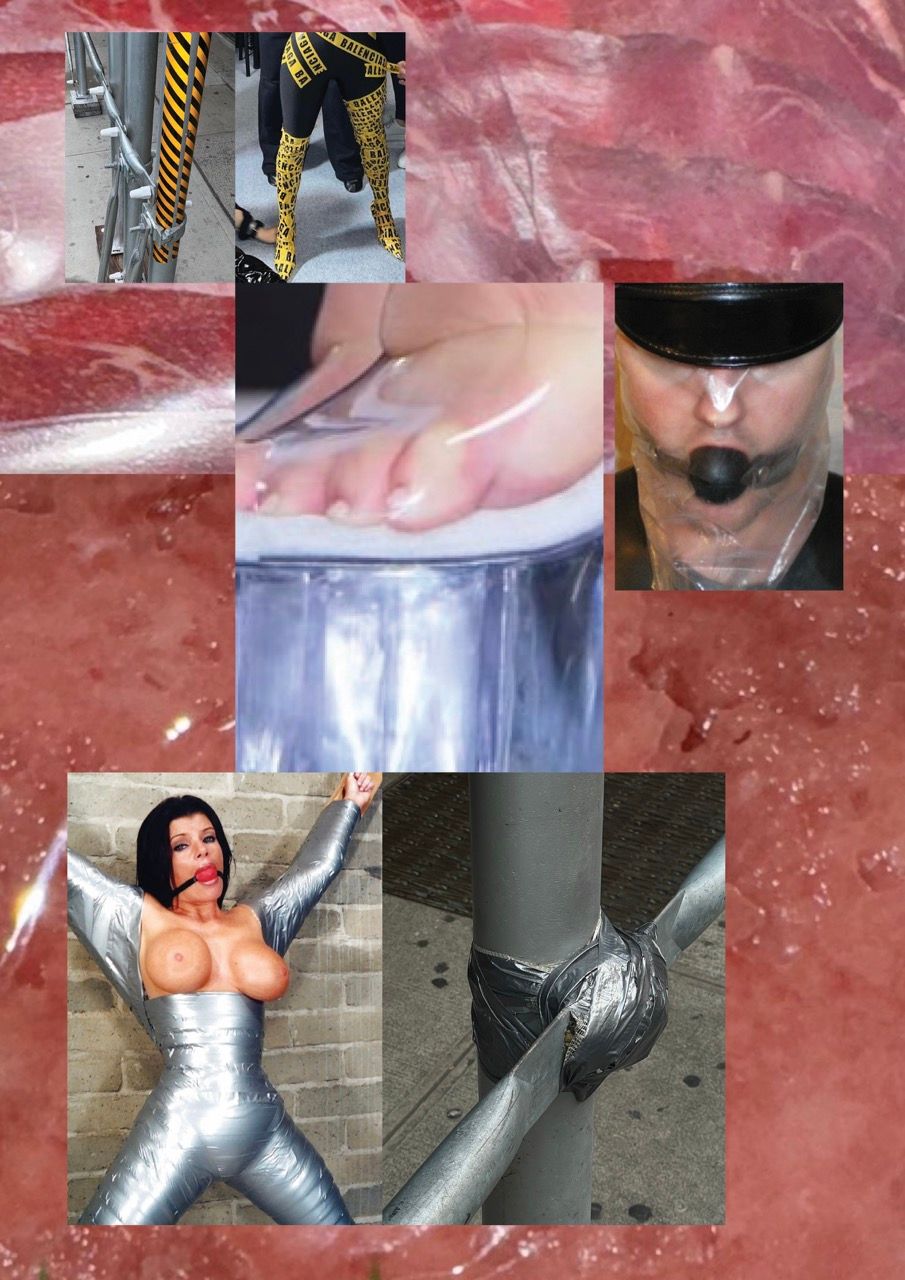
EROTIC MATERIAL: DEATH + LABOUR IN THE NAME OF DESIRE
Ozziline Mercedes
We have moved through so many models of humanity, each new one a ‘solution’ to the problems of the last. Now, in our stillness, it appears that we have spiralled into a self-referential chamber of repetition, the only new solution to our destruction being regression – an undoing of the ‘hyper’ human condition. Is it possible that by finding the erotic in death and labour, we are provoking self-reflection on a mass scale? Our motivations could be comprehended through Acker’s assessment of a ‘bodily language’ as formulaic; on the tearing and building of muscles in bodybuilding, she asks, “Is the equation between destruction and growth also a formula for art?”. In death and labour there is destruction. There is also growth. Is it possible, then, that in fetishising our own destruction, we are speaking a language that symbolises a truce between self and desires? A truce for humanity as we know it? Perhaps we have had to devise this language of aesthetics because the thing it must describe is beyond our verbal senses, beyond anything we have described before.
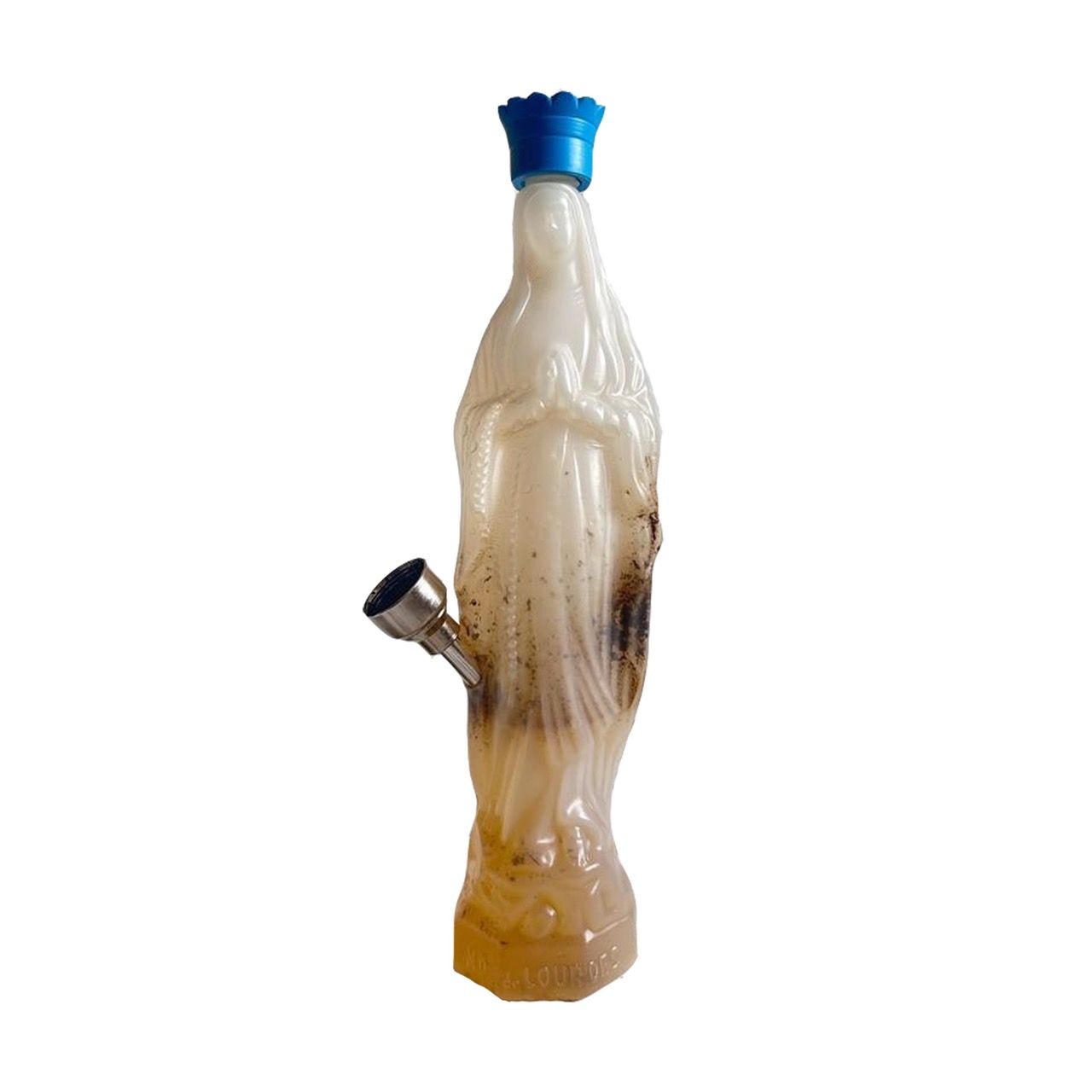
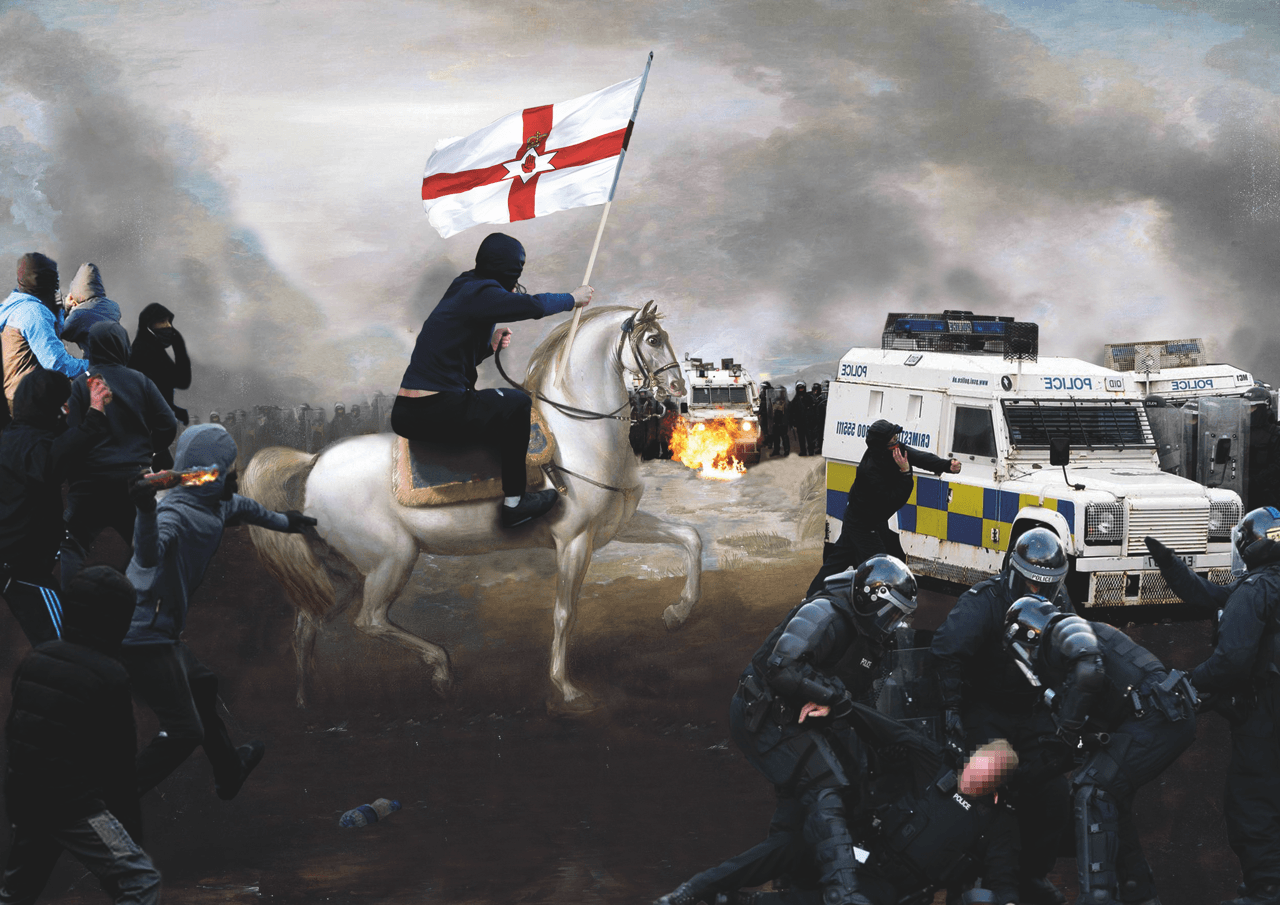
APPRECIATING THE REMNANTS
Mála Spíosraí
I’m an artist and writer from County Wicklow, Ireland, working under the moniker Spicebag. I create work that interrogates Irish identity and politics. Ireland is the only post-colonial society in Europe; the tribalism and religious divides on the island go back centuries and fragment Irish identity. The cultural influences that drive my work stretch from paramilitaries to packets of crisps, unique signifiers of identity or symbols. Ireland has a national self-esteem issue; raped by its neighbour, it picks through the remnants of identity, putting together painful parts of itself during rehabilitation. We have to learn to speak again, learn to look people in the eye. Being Irish is cool now – yuppies in London down pints of Guinness – but when my da was in London in the 80s, someone called the police when they heard him and his mate talking near a bank because they thought an IRA bombing was in progress. Irish people were treated like shit.
THE PURSUIT OF DEEP SEABED MINING AMID A GLOBAL CLIMATE CRISIS AND OCEAN EMERGENCY
Pradeep Singh
Countries and society as a whole must focus on responsible and equitable options in our fight to tackle the climate crisis and reverse current trends of loss of biodiversity and pollution. We should be cautious of solutions like DSM or marine geoengineering, which might cause more harm than good, even though they may sound promising initially. In our quest to restore balance with nature, we must leave out deep seabed mining until we have sufficient scientific information about its impacts and we are confident in our ability to manage them, as well as collectively agree to accept the burdens that come with deep seabed mining. In conclusion, a proverb might be useful here to help relate to the dilemma at hand: we all need money to survive, but does that mean it is fair to rob a bank or steal from others?
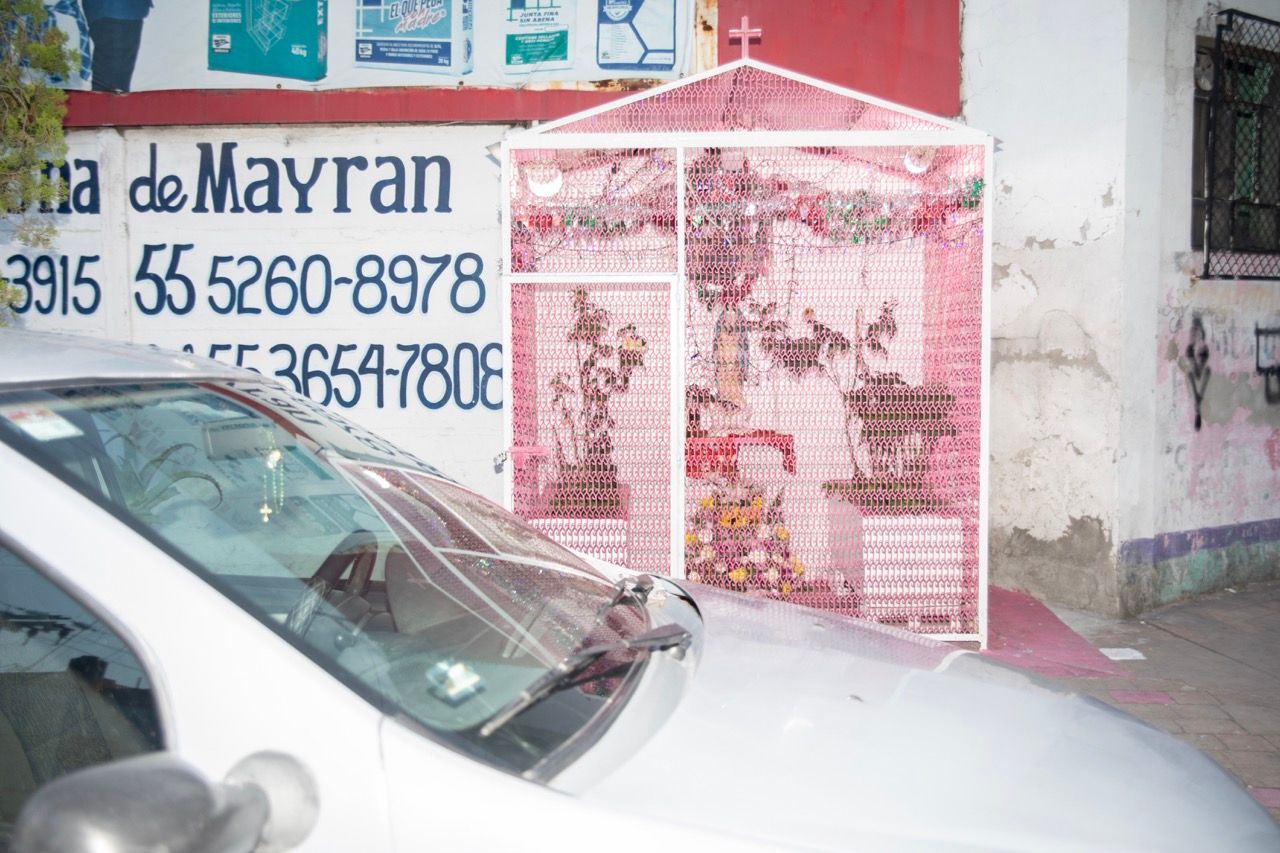
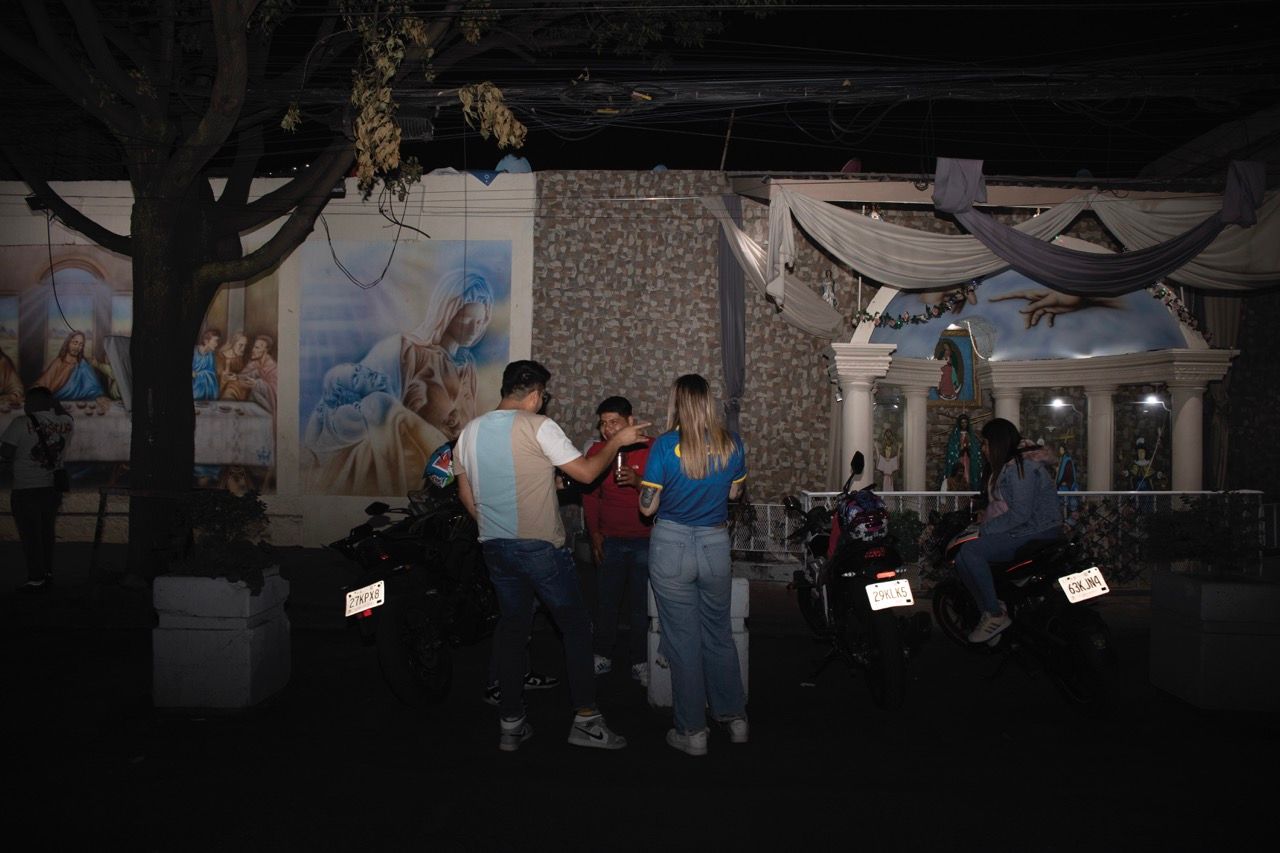
STREET ALTARS: THE NECESSARY EVILS
Héctor Castillo Berthier
Karla Read
In Mexico City there are countless failures, malfunctions, absences, oversights, omissions, and plenty of garbage thrown indiscriminately across the length and breadth of the streets and neighborhoods. These are pitiful “pieces of reality.” In these places we can see flaws and deficiencies. We could designate them as “spaces of necessary evils.” The images and symbols that accompany them speak to us about this. An aphorism says: “Collective misery is flaunted as a continuation of progress,” and within that “progress,” poverty and indigence are a fundamental part of daily rituals... A country is governed by rituals. Let me explain: the community often remedies the voids, deficiencies, and absences of authority by itself, through “necessary evils” and their street rituals. Altars, virgins, saints, or death itself usually appear “magically” in the middle of the streets and avenues to solve several unsettled problems: garbage, paving, traffic, street commerce, and many others (born from informality––often legitimized by the neighbors themselves––). They seek to exercise power at the local level with different representations: “the power of nooks and street altars”; “the sanctuaries that emanate from the neighborhood and its people”; “the symbols that are born to obtain the respect of the masses”; and that end up acquiring a social recognition that frequently supplants institutional functions... The altars rule. The reality of the myth is part of the unreality of the country.
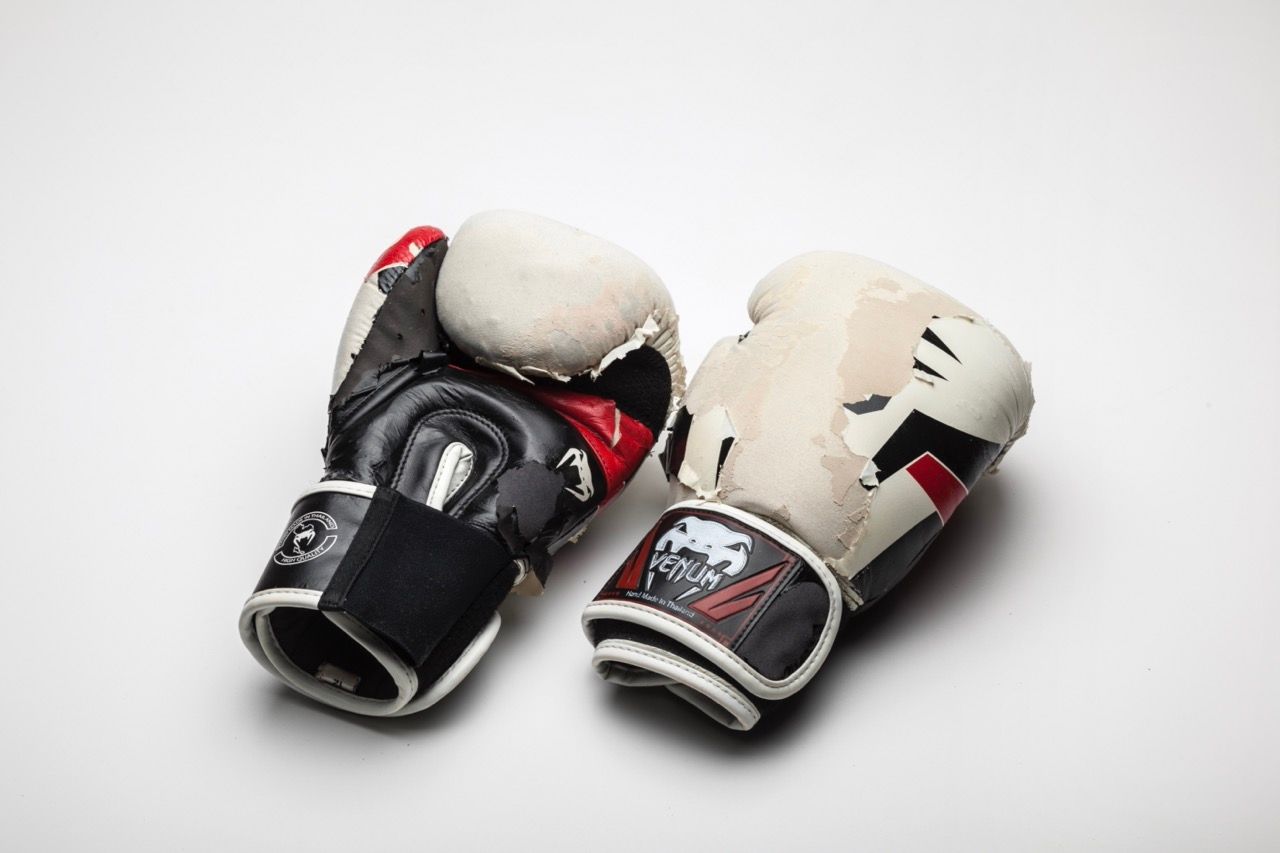
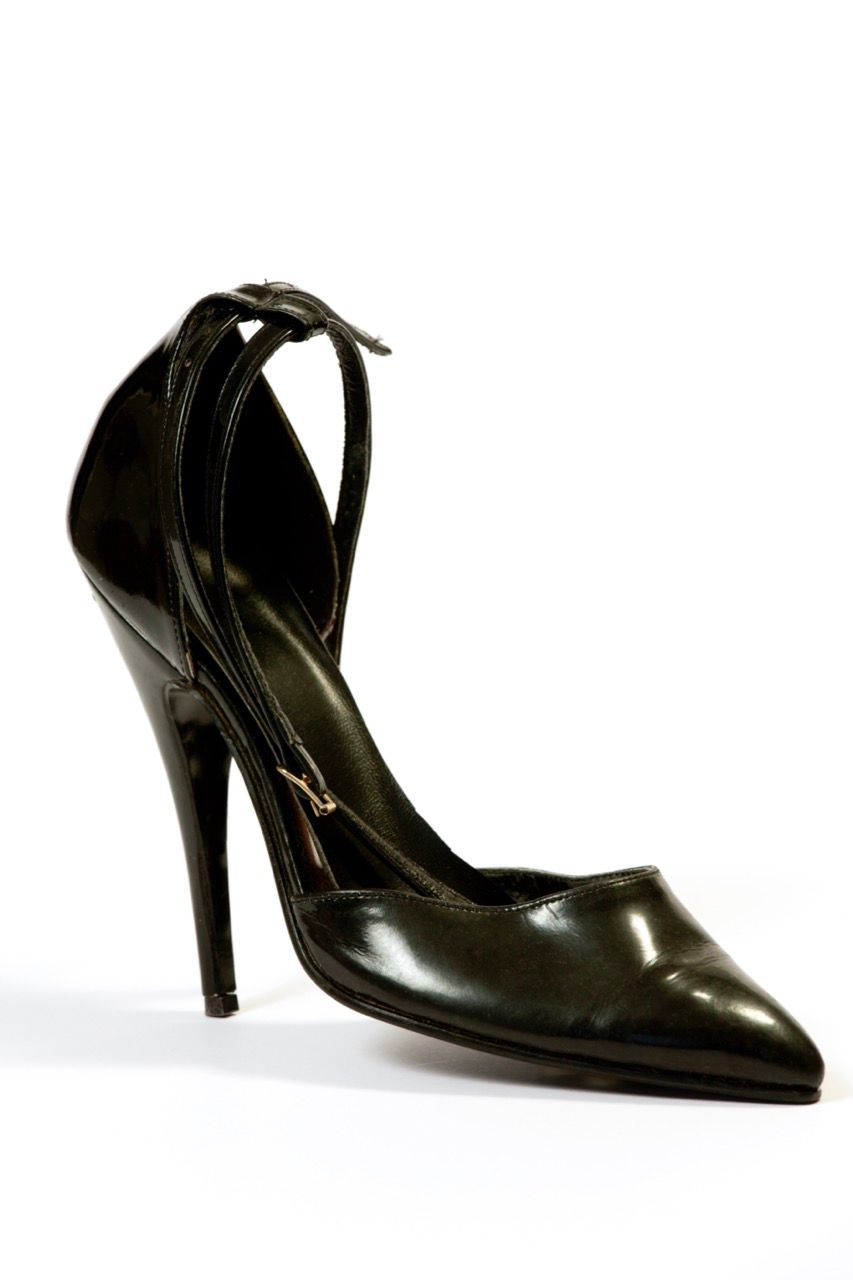
OBJECTS AT THE END OF LOVE: PERFORMING SADNESS WITH THINGS
Ania Malinowska
The key aspect of grieving lost love with objects is a realisation that the feelings and experiences of love are mostly about “things”. Even the love object (the person we love) eventually appears to be the sum total of the “items” we miss and fell for in the first place. In psychological terms, to be in love is to project an ideal onto a person based on the attributes of appeal. The person as such is often irrelevant. What is relevant, though, is the props we associate with the fantasy of the ideal, and those props invariably satisfy. Falling in love is not falling for people; it is falling for items filled with meaning about those people. Love is never in the essence but always in the matter, and the entire practice of love is founded on things (attributes, gestures, actual objects) – their exchange, accumulation and collection.
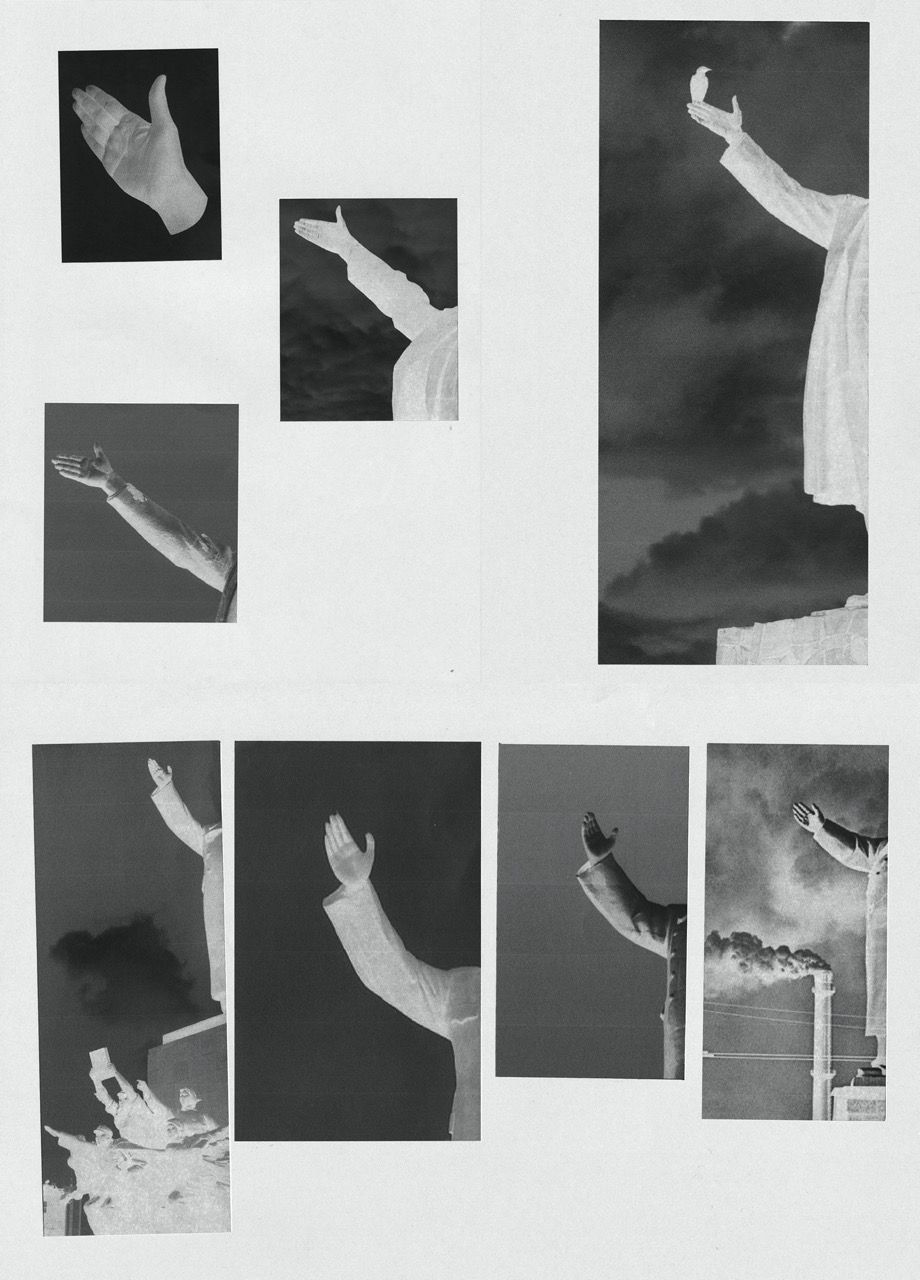
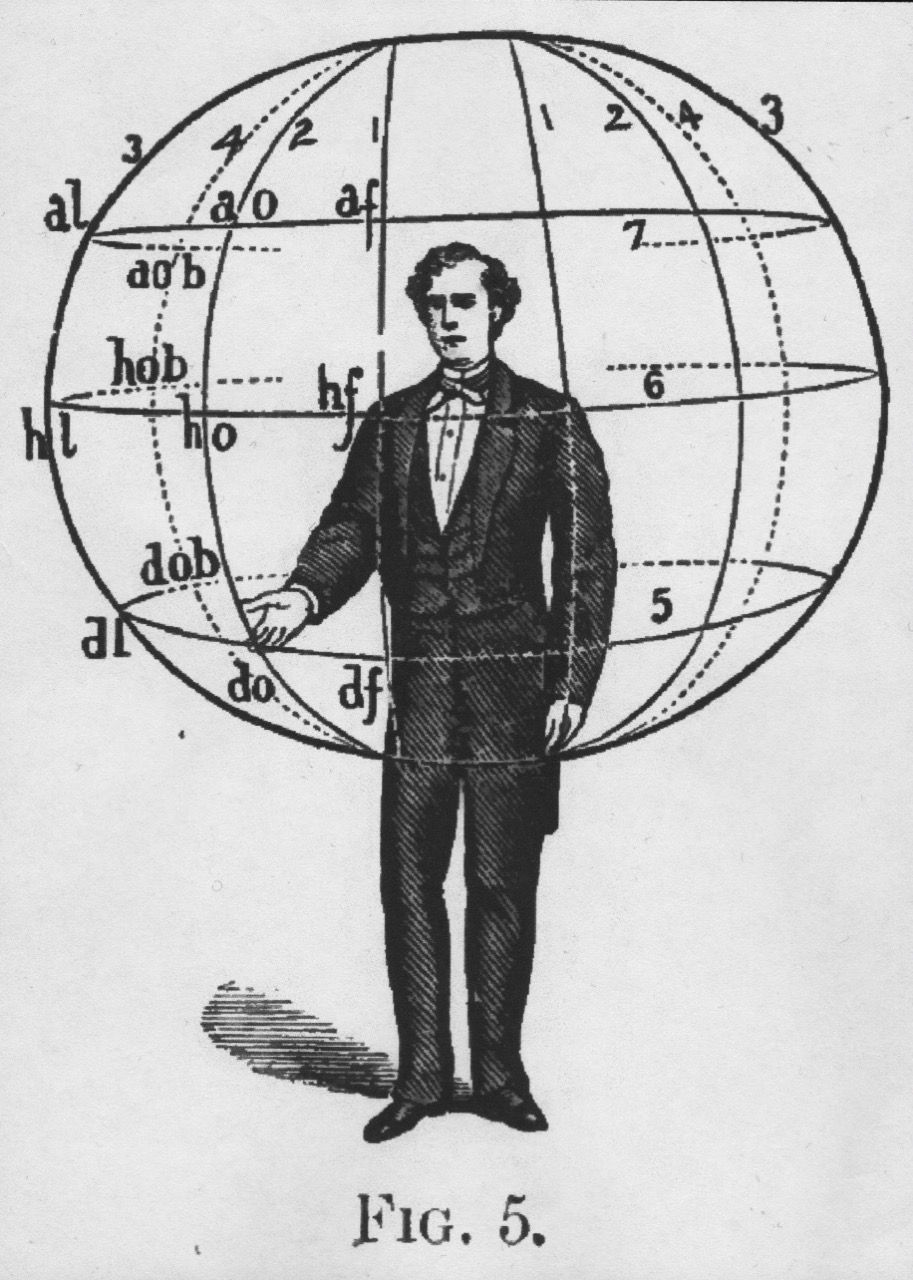
THE RIGHT-HANDED DICTATOR
Ted Hyunhak Yoon
Firstly, I focused on collecting images of statues of leaders who executed dictatorial governance in representative communist countries, observing the repetitive occurrence of visual similarities. I defined the act of viewing and analysing statues as “decoding”. Secondly, I invited a group of decoders (including myself and other researchers) to share diverse stories relating to the contemporary phenomena surrounding these statues, such as the media’s coverage of the iconoclastic images of the destruction of Saddam Hussein's statue in Iraq, the remains of Stalin's statue now on display in a theme park and zoo in Lithuania, or North Korea's production of statues for African states as part of their diplomatic efforts, such as the ones erected in Benin, Botswana, the Democratic Republic of the Congo, Mozambique, Ethiopia, Angola and Zimbabwe. By addressing statues across different times and places, the project examined how political statues in the public arena can serve as a node for diverse forms of power, communication and meaning.
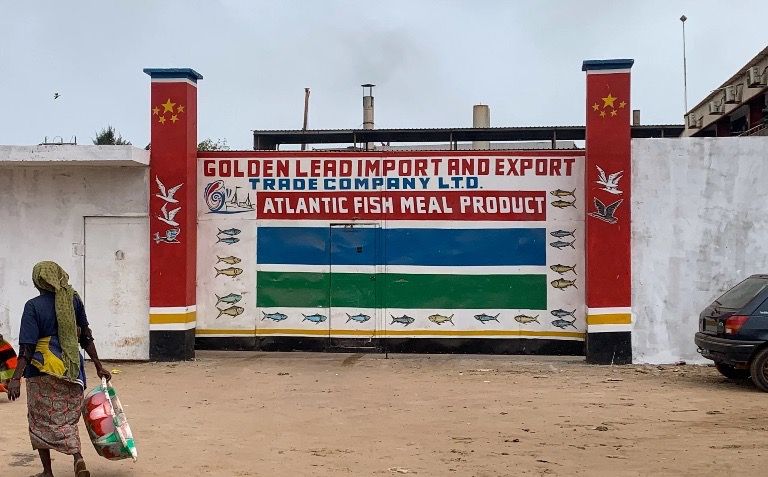
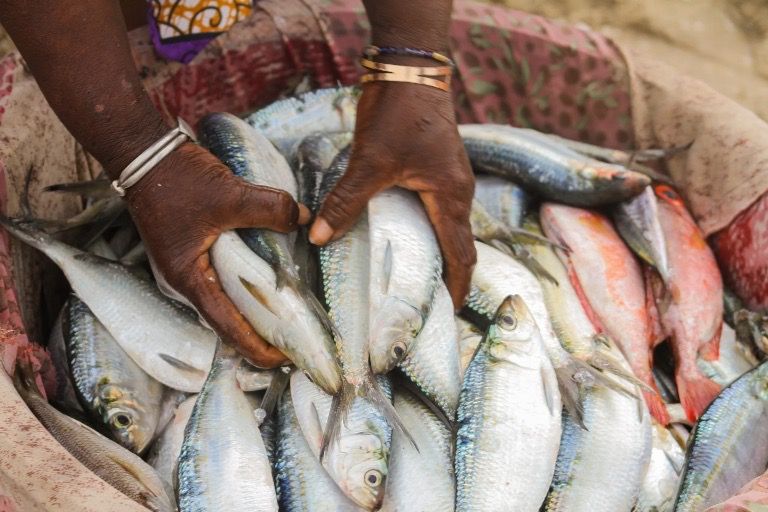
THE REALITY OF FISHMEAL AND OIL PRODUCTION IN THE GAMBIA
Mustapha Manneh
According to the Greenpeace Africa Report, in 2019, The Gambia had three fishmeal plants, Senegal had seven, and Mauritania had 40, although that number is since believed to have increased in Mauritania. Many reports have highlighted the fact that regional stocks of Bonga and Sardinella are now overexploited as a result of the existence of these Fishmeal plants, which, due to the high oil content found in these species, process tonnes of them every day to supply the global market. Unfortunately, however, these species were also traditionally the cheapest and most accessible fish for the local communities, who, due to the high demand from the fishmeal plants, now regard them as a luxury and have been forced to turn to frozen imported chicken.
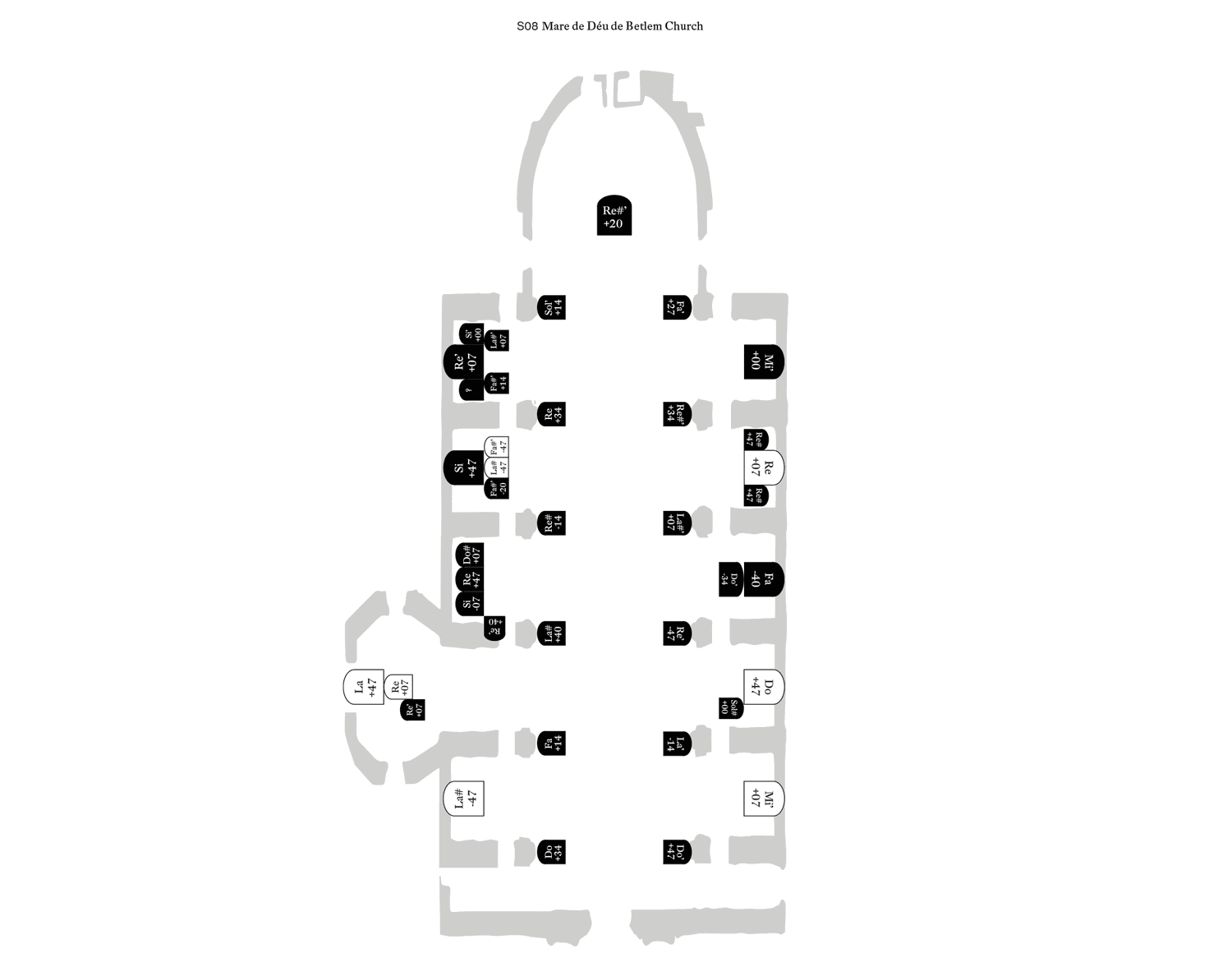
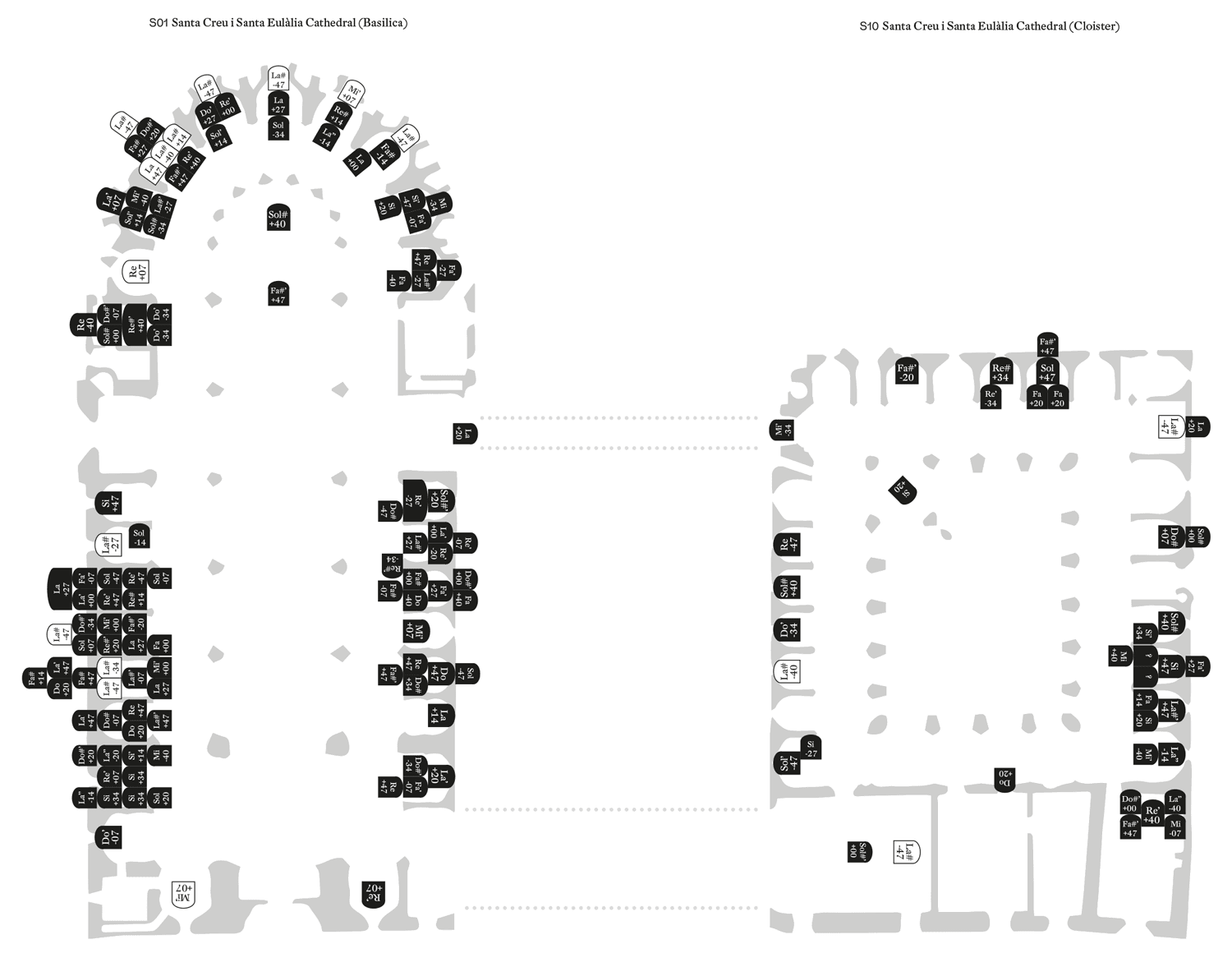
CSFCMMCAB
Marc O'Callaghan
The most useful system was Claudius Ptolemy’s tonal zodiac. This ultimately establishes a correspondence between the annual cycle and the Greek disdiapason (two octaves of our diatonic scale). Taking this idea to its logical limit, I divided the two octaves into 360 micro-notes with an interval of 0.07 tones (a 180 TET microtonal scale). A micro-note was thus obtained for each zodiacal degree and day of the year. This made it possible to assign a micro-note to each saint or dedication in the Catholic calendar of saints’ days based on the date of their feast day. I also discovered the tradition of goigs, local folk songs dedicated to each saint. This tradition works in itself as a system of musical symbolism because the goigs are sung on the specific saint's day in the specific place where they are venerated. By applying these two systems to the set of saints displayed inside churches, I obtained a compositional formula that allows the churches to be transformed into songs. The architectural structure would determine the musical structure: each chapel would become a rhythm, the bass line would play the micro-note corresponding to each saint’s day, and the melody of their goigs would play over the top (transposed to a key containing one of the degrees of that micro-note). The rest of the musical elements would be selected from the inventory of formulaic characteristics typical of the màkina style.
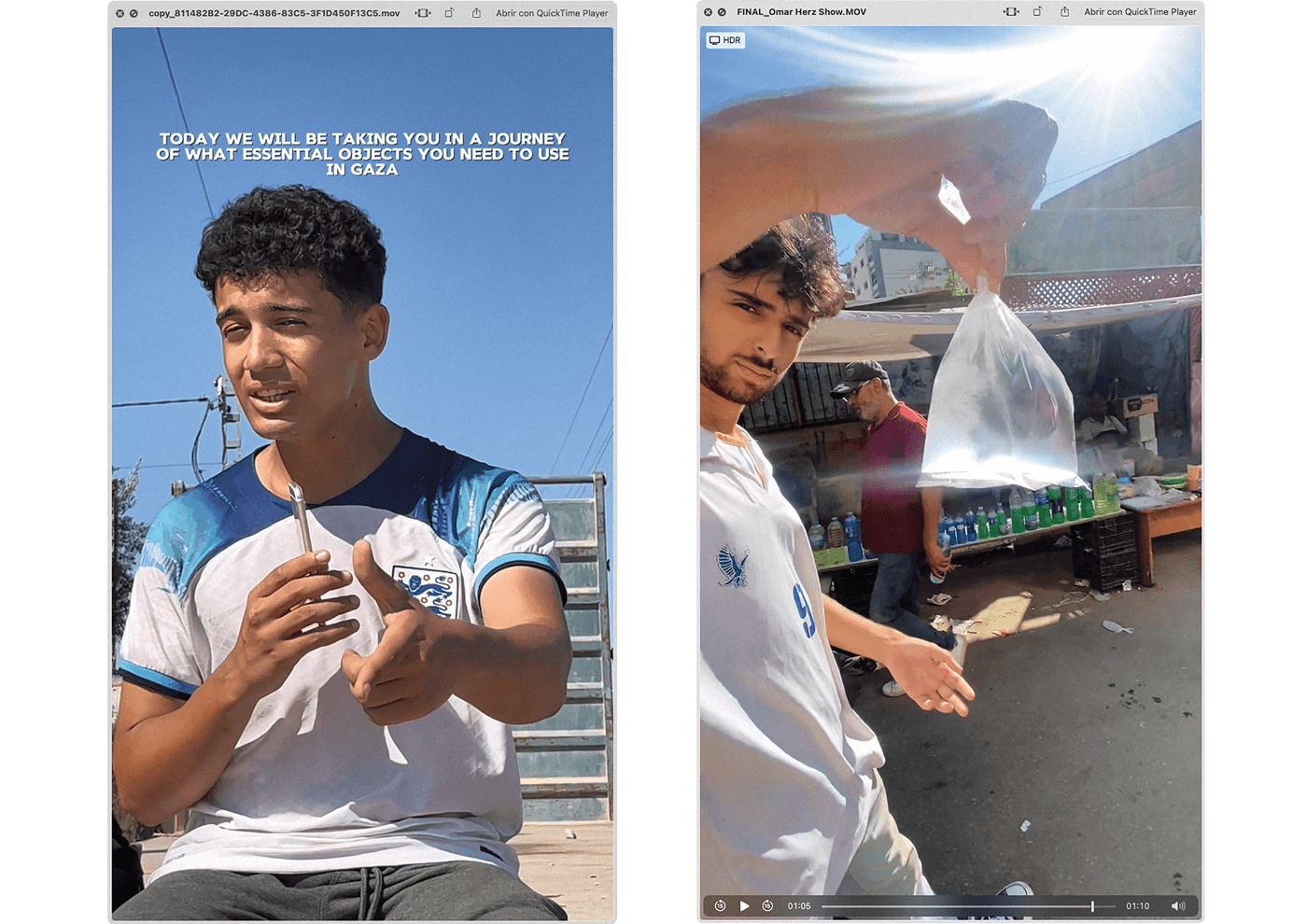

TWO FRIENDS ARE IN AN ADVENTURE AMIDST THE WAR TOWARDS SUCCESS
Mohammed and Omar Show (Mohammed Herzallah, Omar Shareed)
In recent years, a new trend has flourished among some popular media platforms. Condé Nast’s Vogue launched a video series titled “In The Bag,” where celebrities, singers, actors and actresses, designers and socialites show the essential objects they carry in their purses. Another platform, GQ, released a YouTube series also featuring celebrities; in this case, guests are asked to share the "10 Things They Can’t Live Without". Asking millionaires about their “essentials" and their "can’t live without things” has always felt a bit awkward, as if within their privileged lives, sharing their essential objects will contribute to a better understanding of contemporary humankind and its survival necessities. Following that trend, we have approached Gazan bloggers Mohammed and Omar to contribute with a video-review of 10 essential objects they can’t live without in the ongoing occupation and genocide in Gaza.